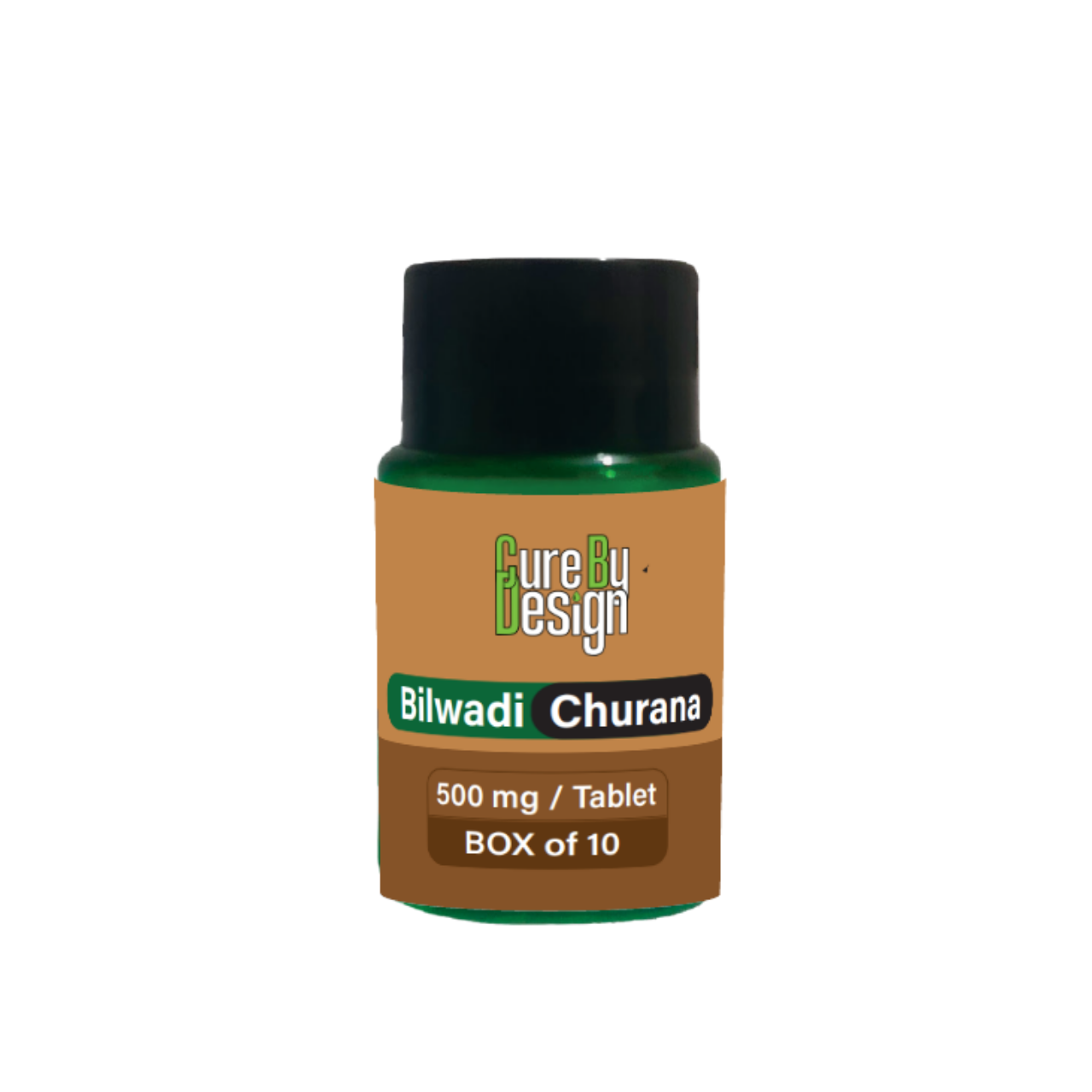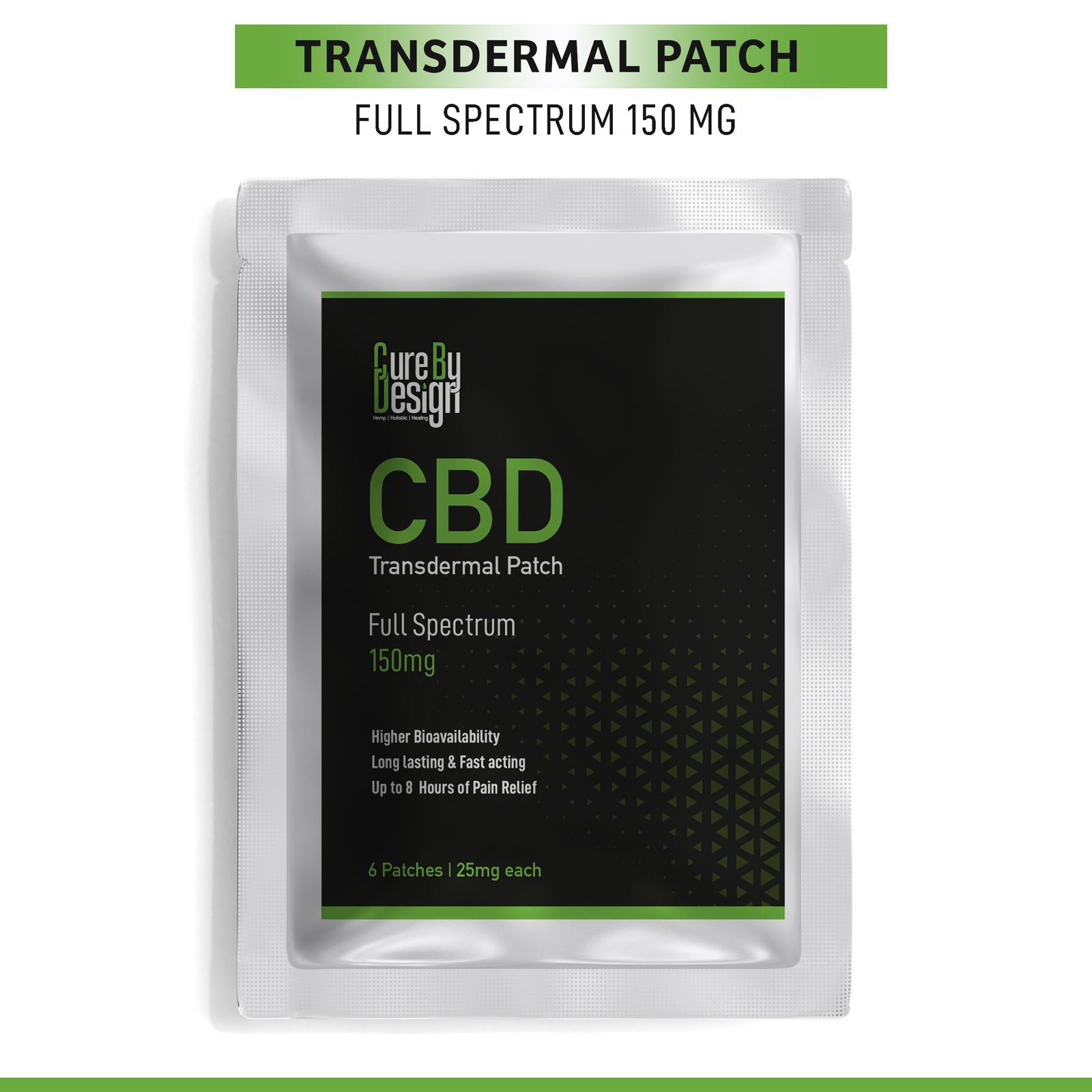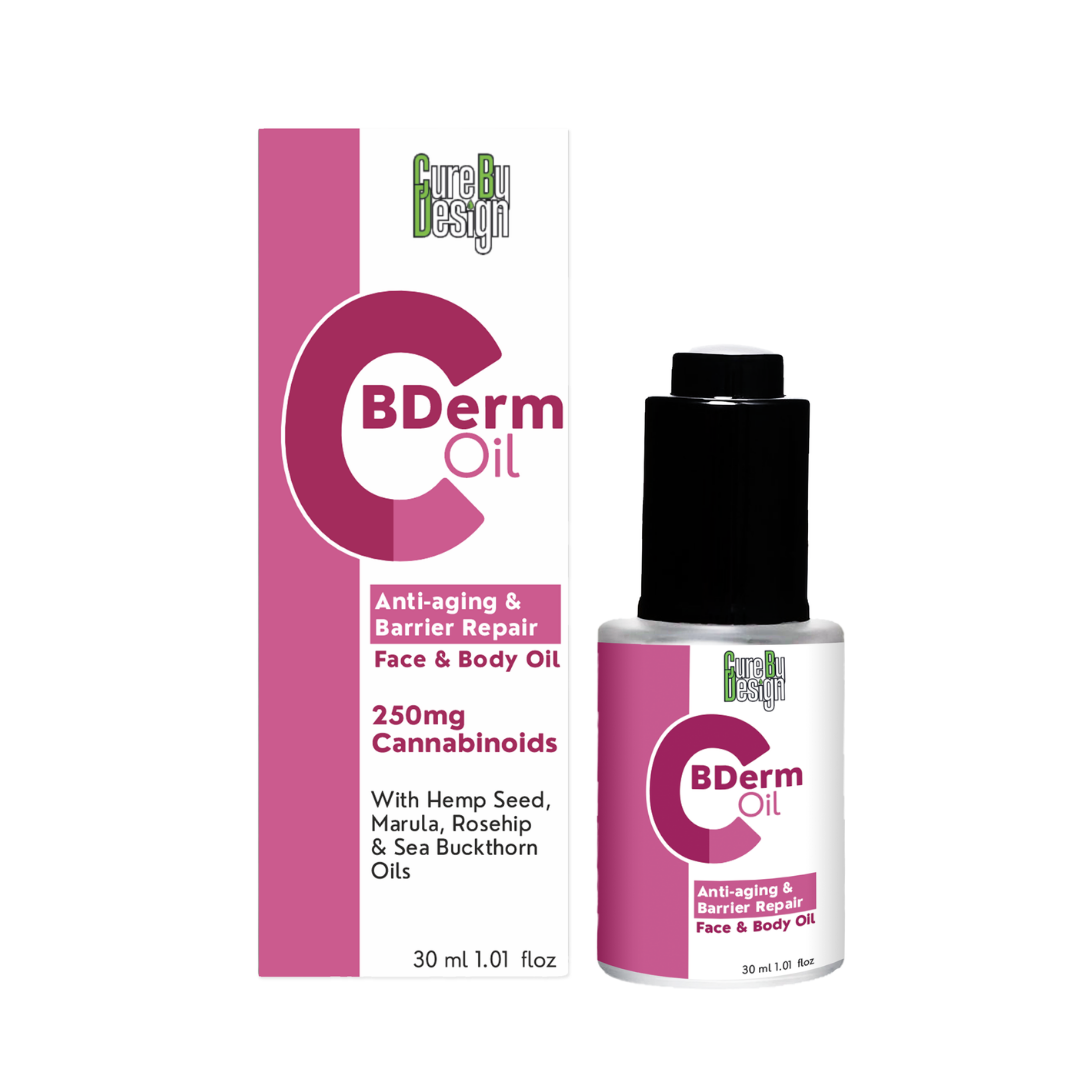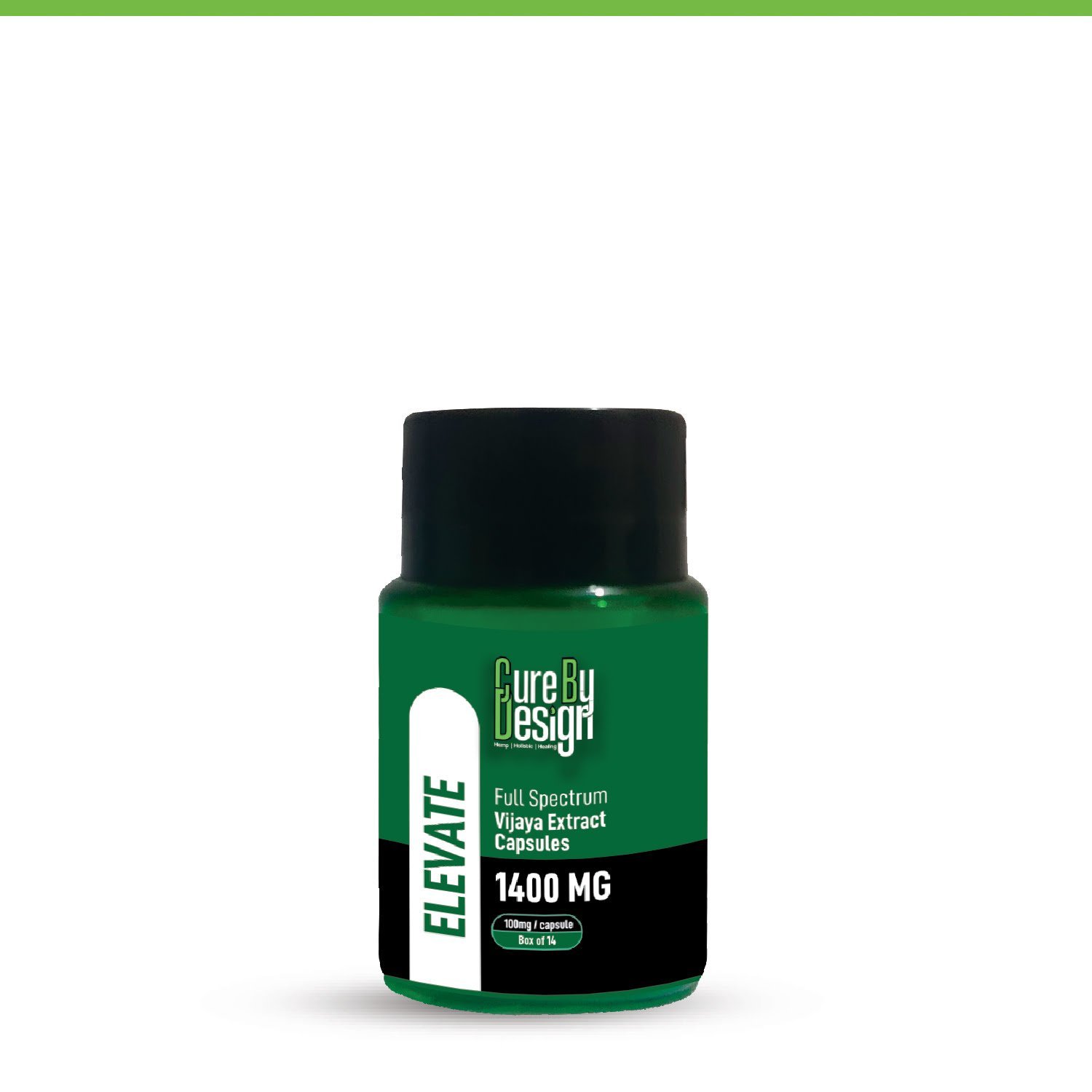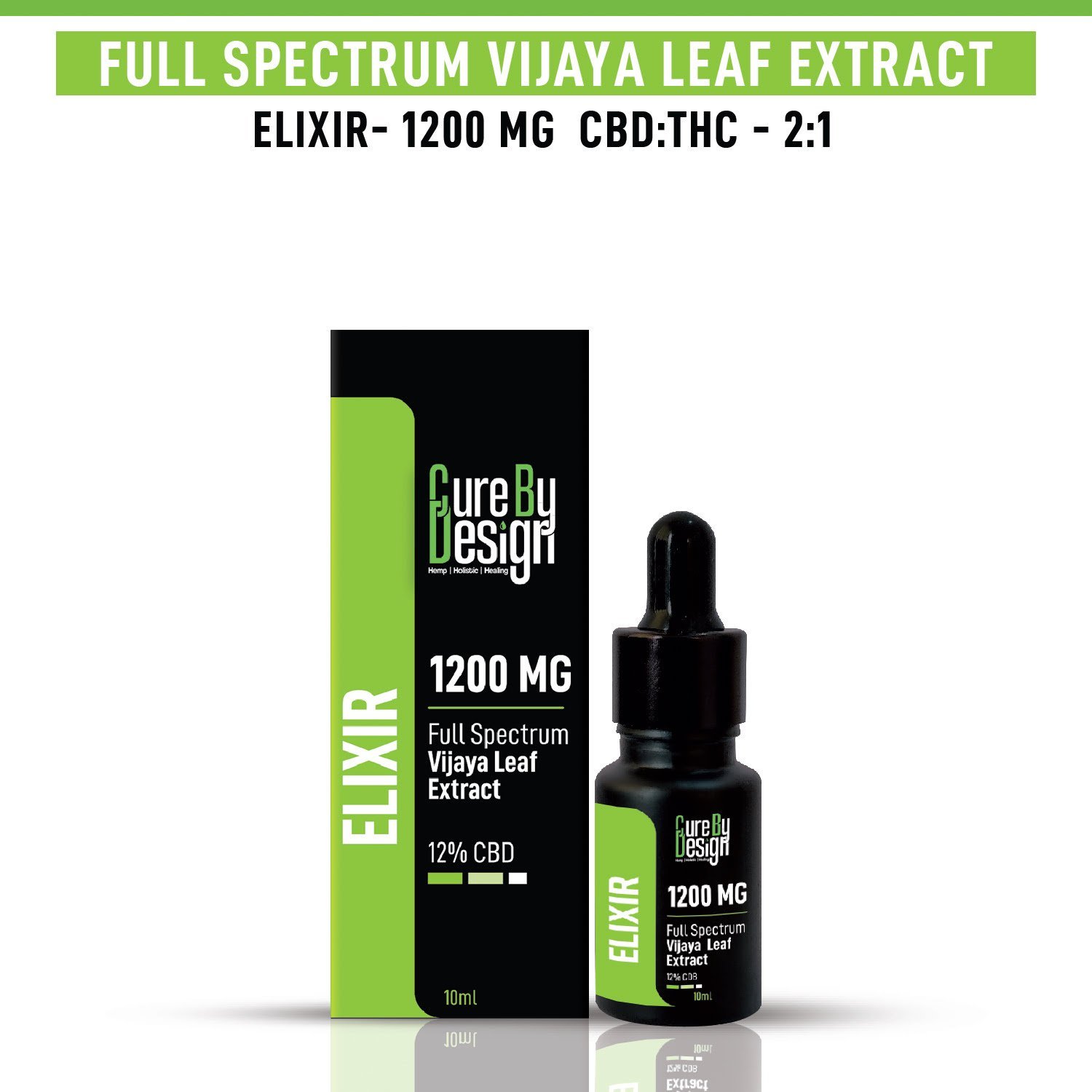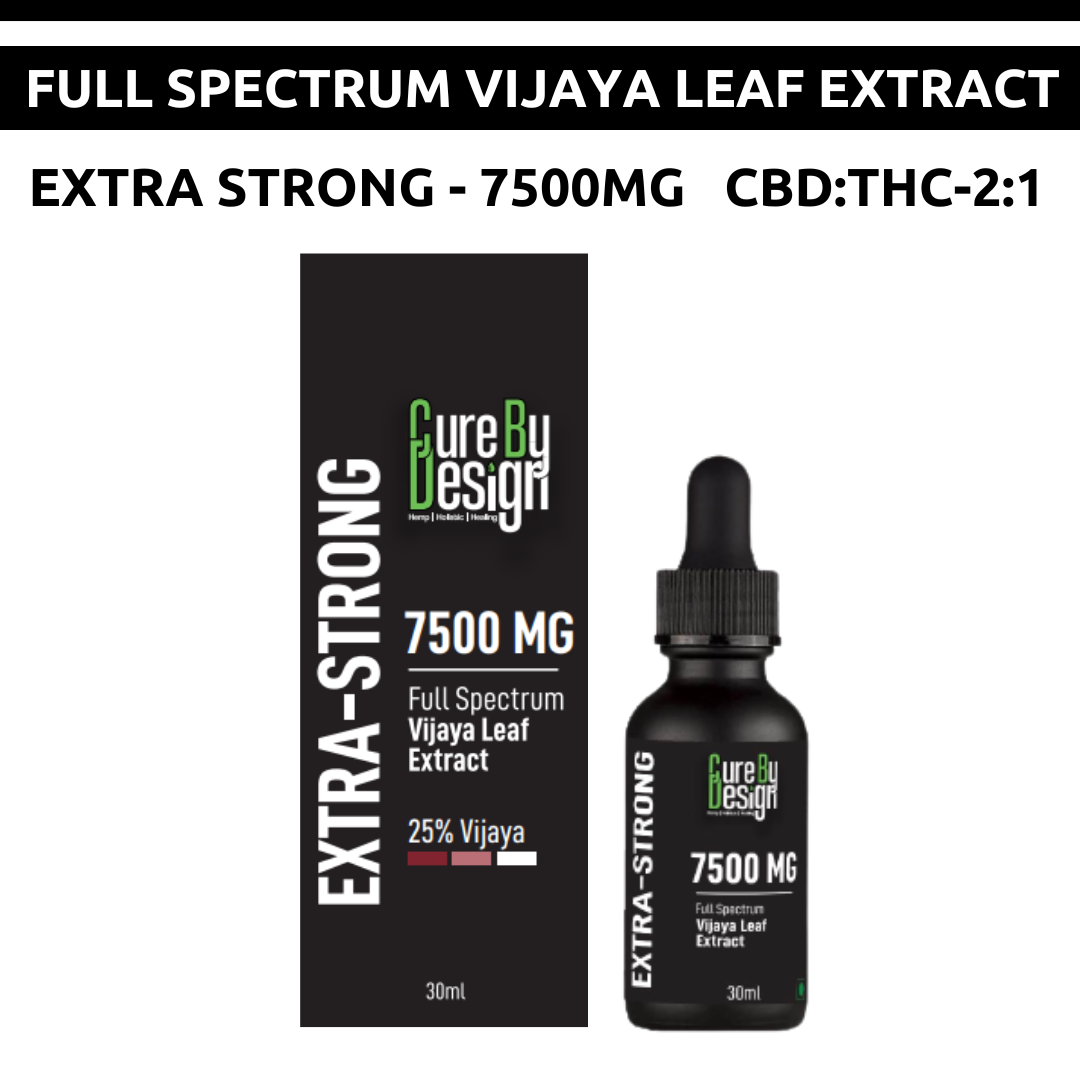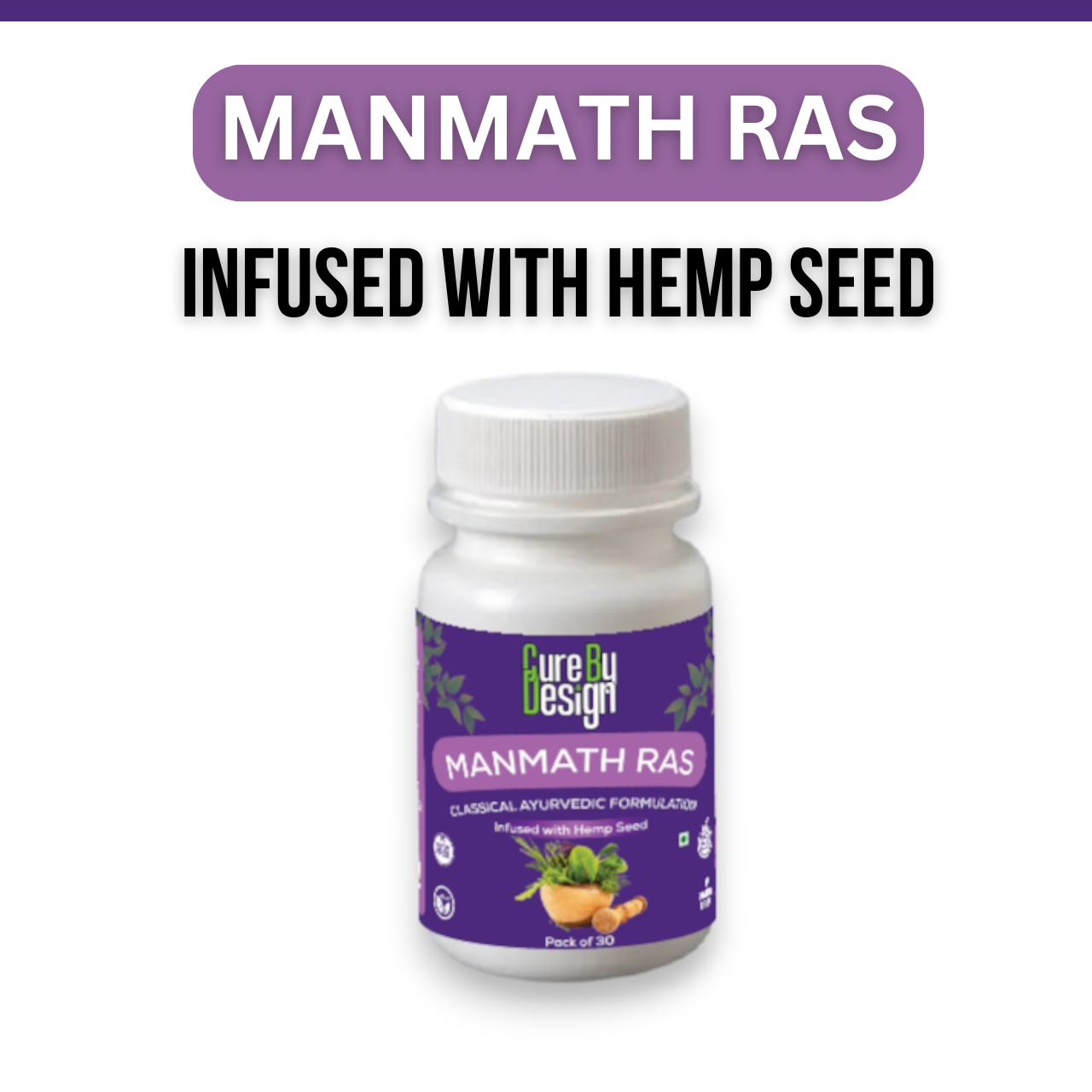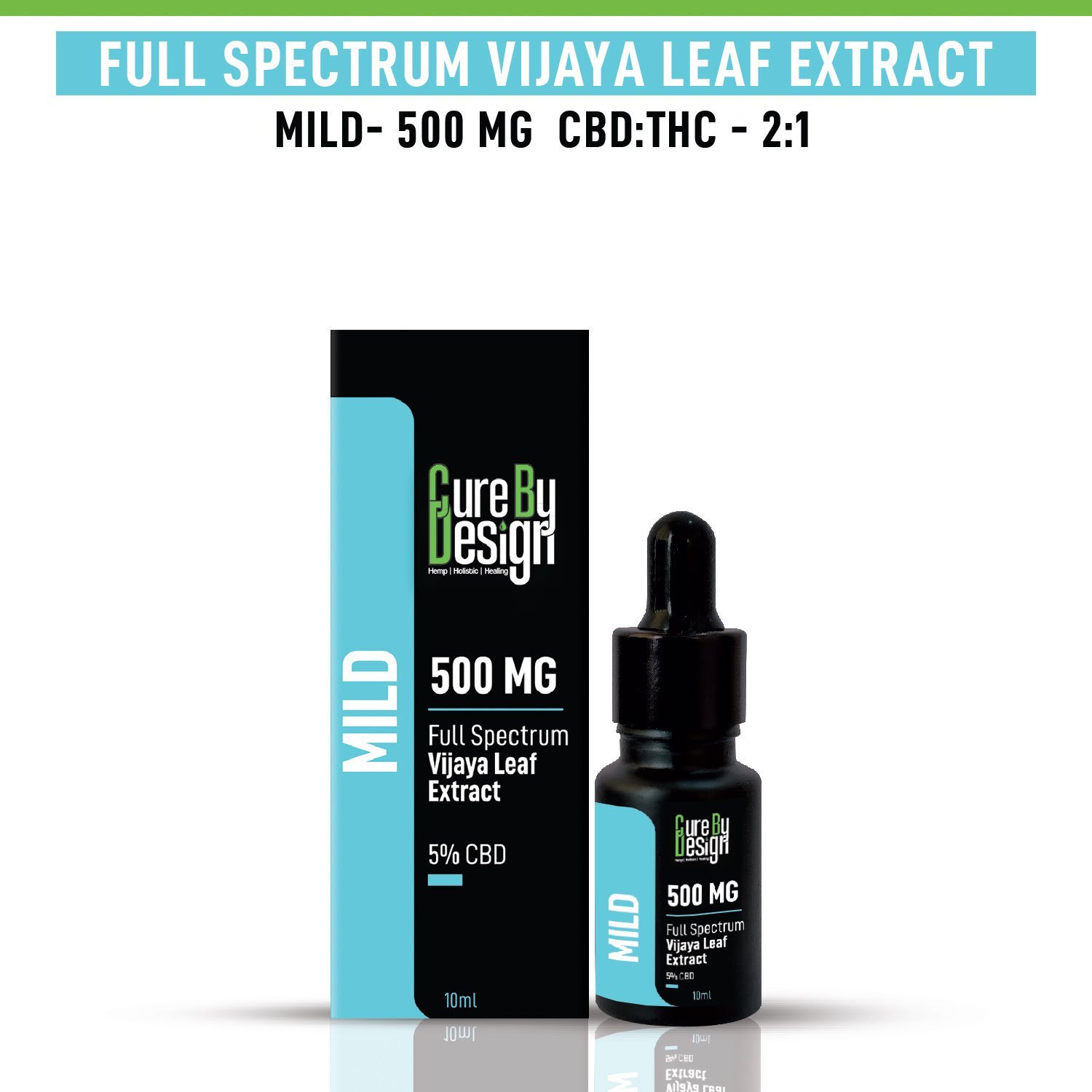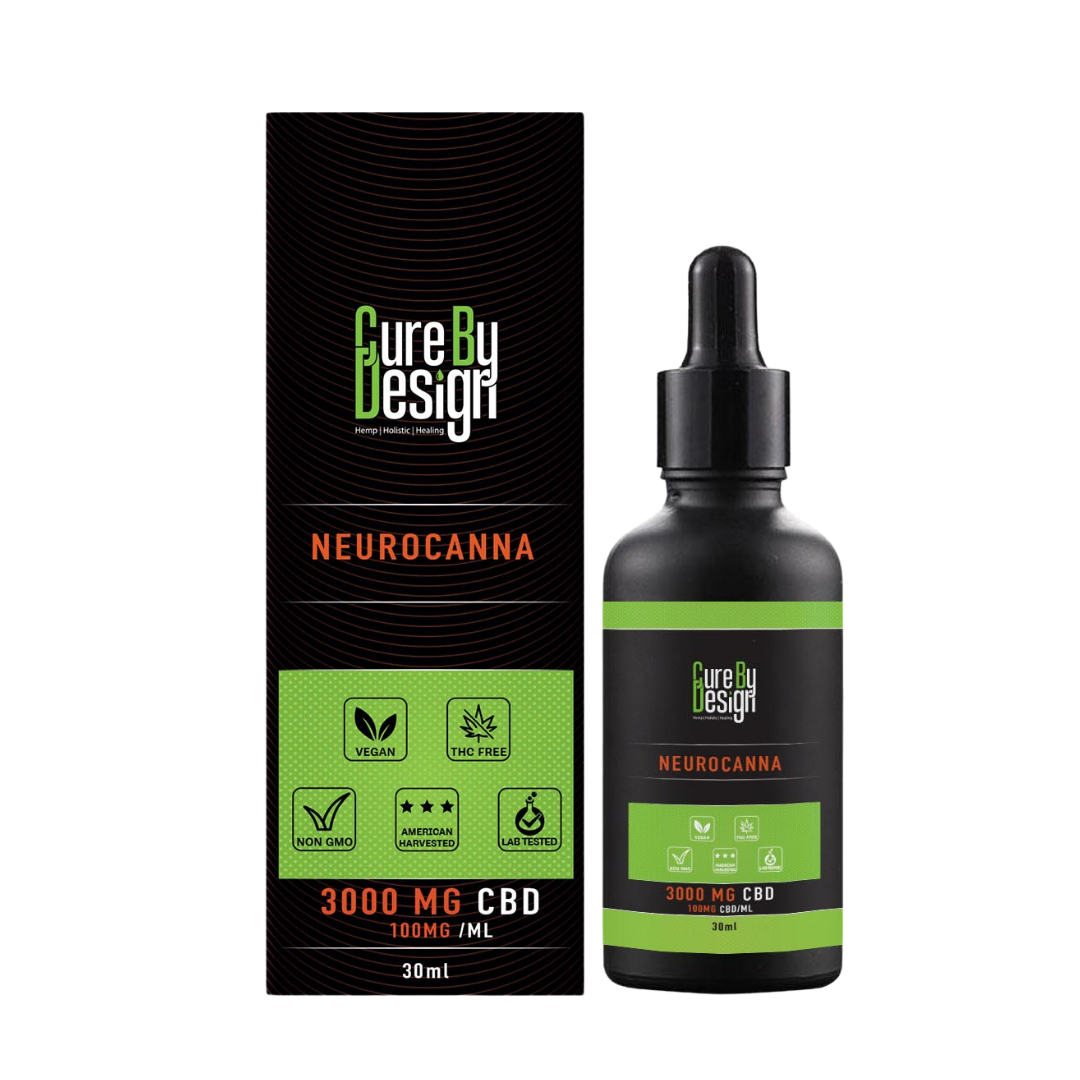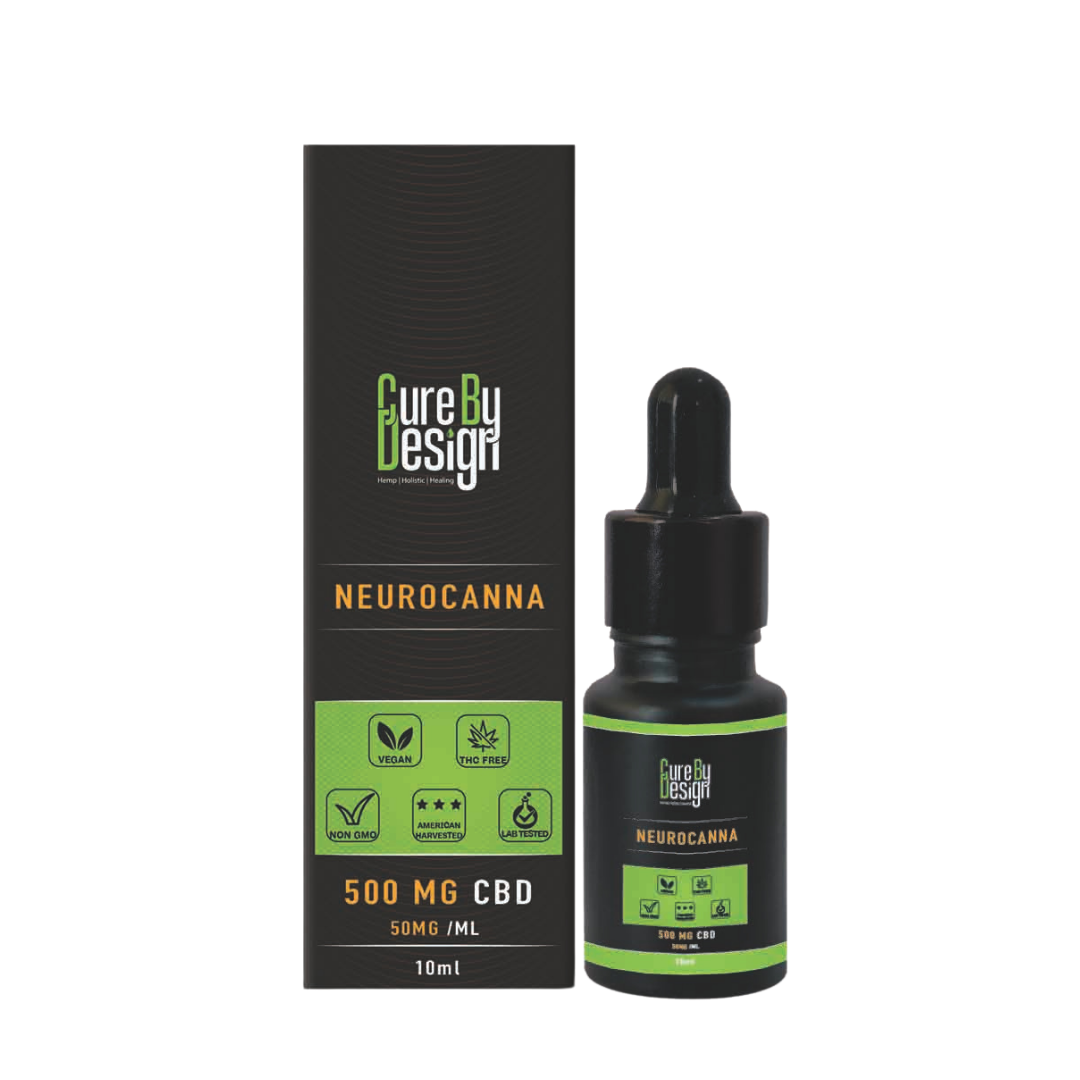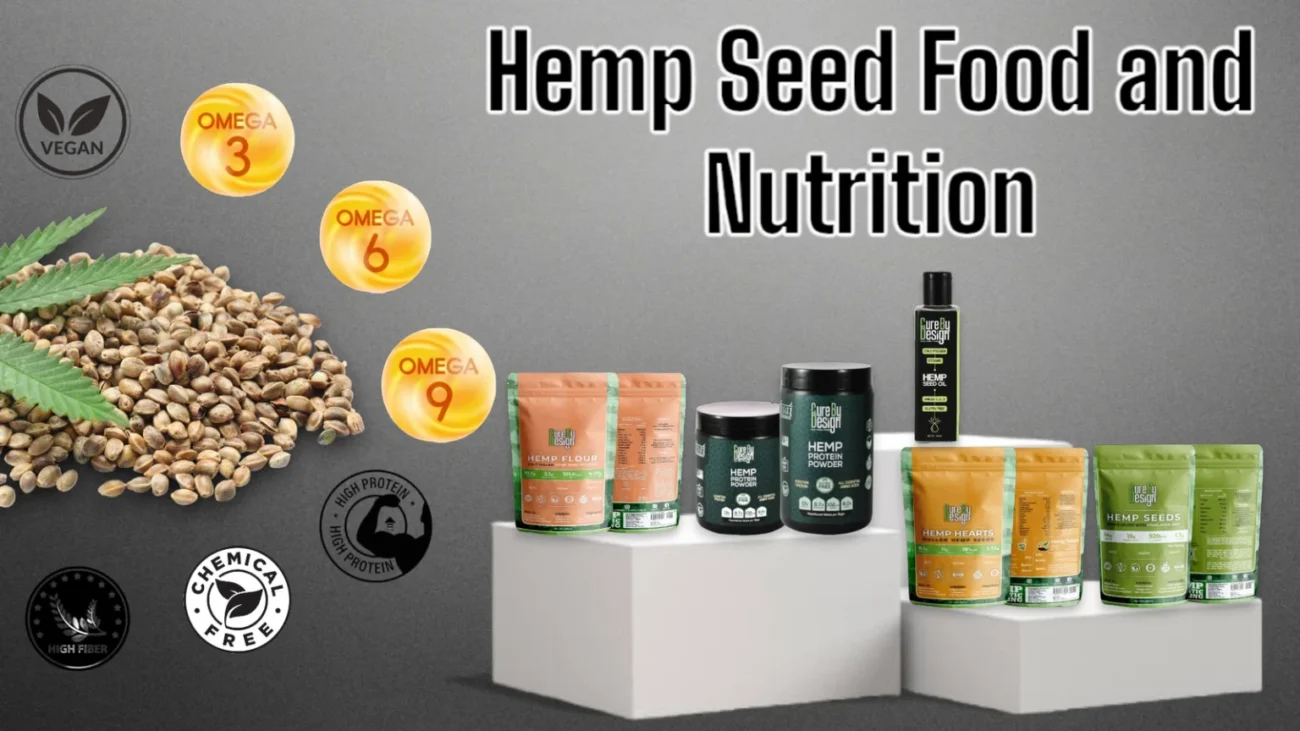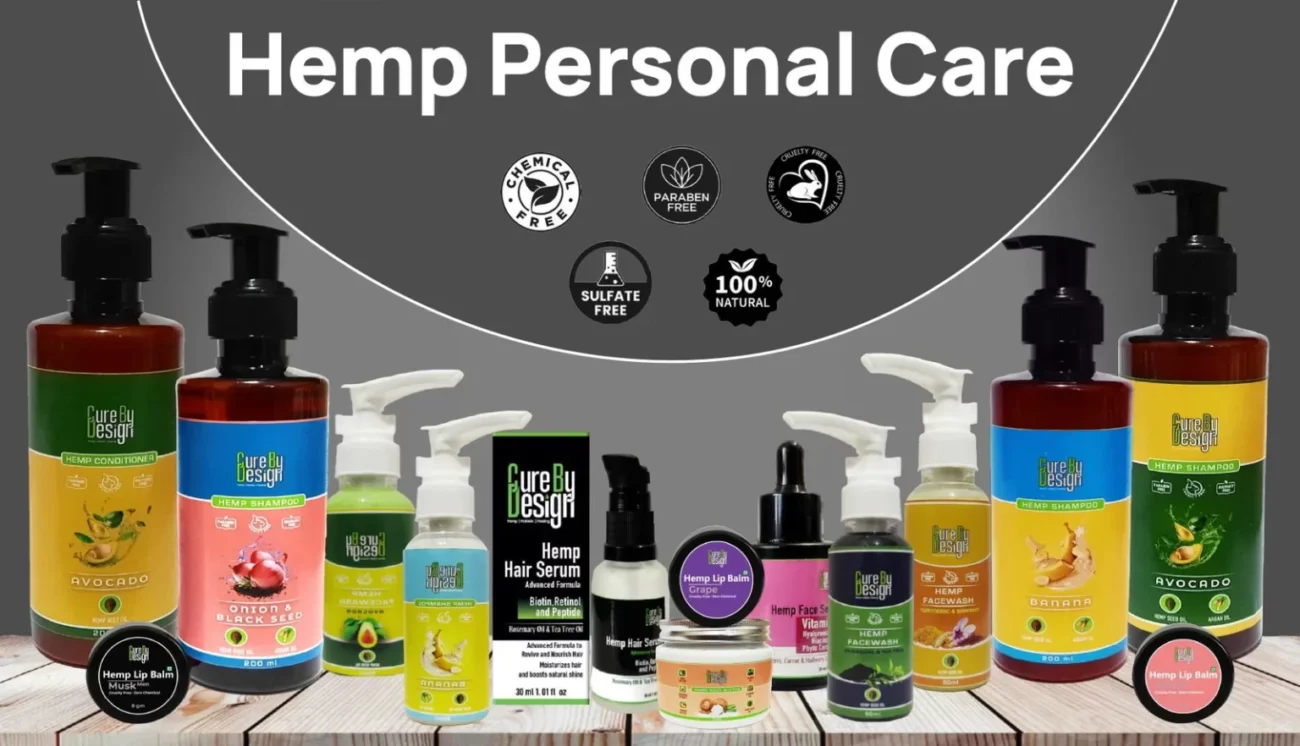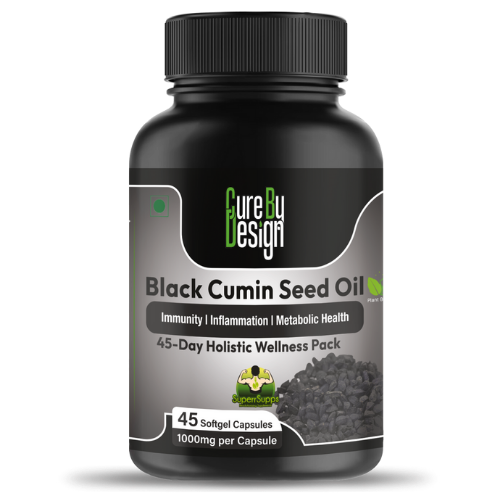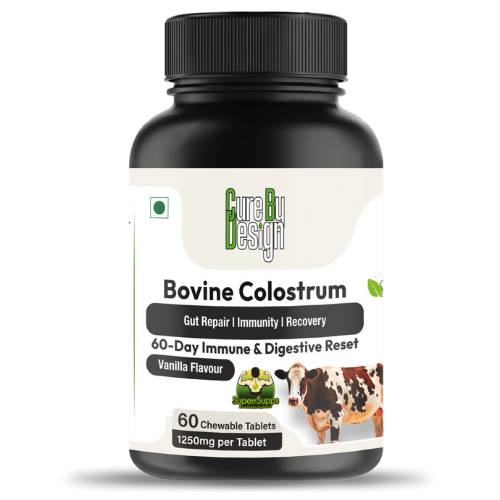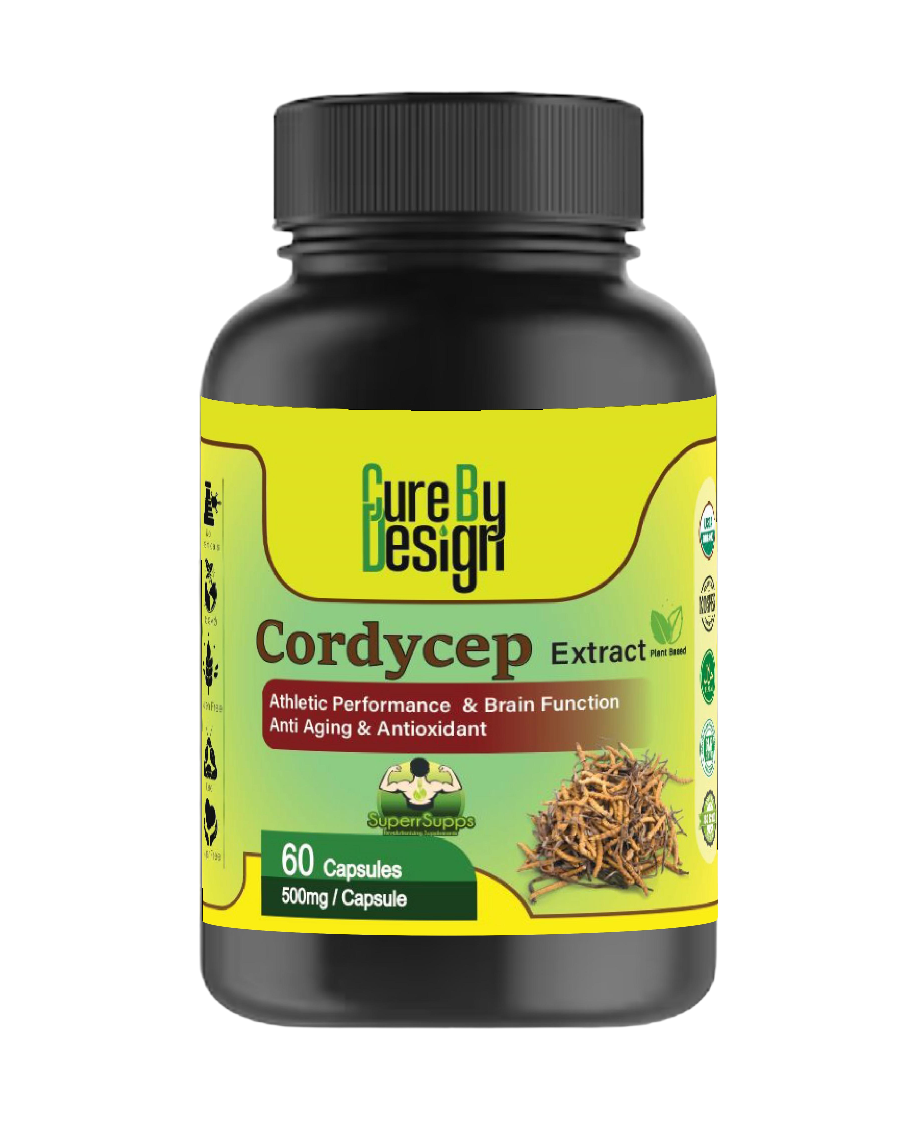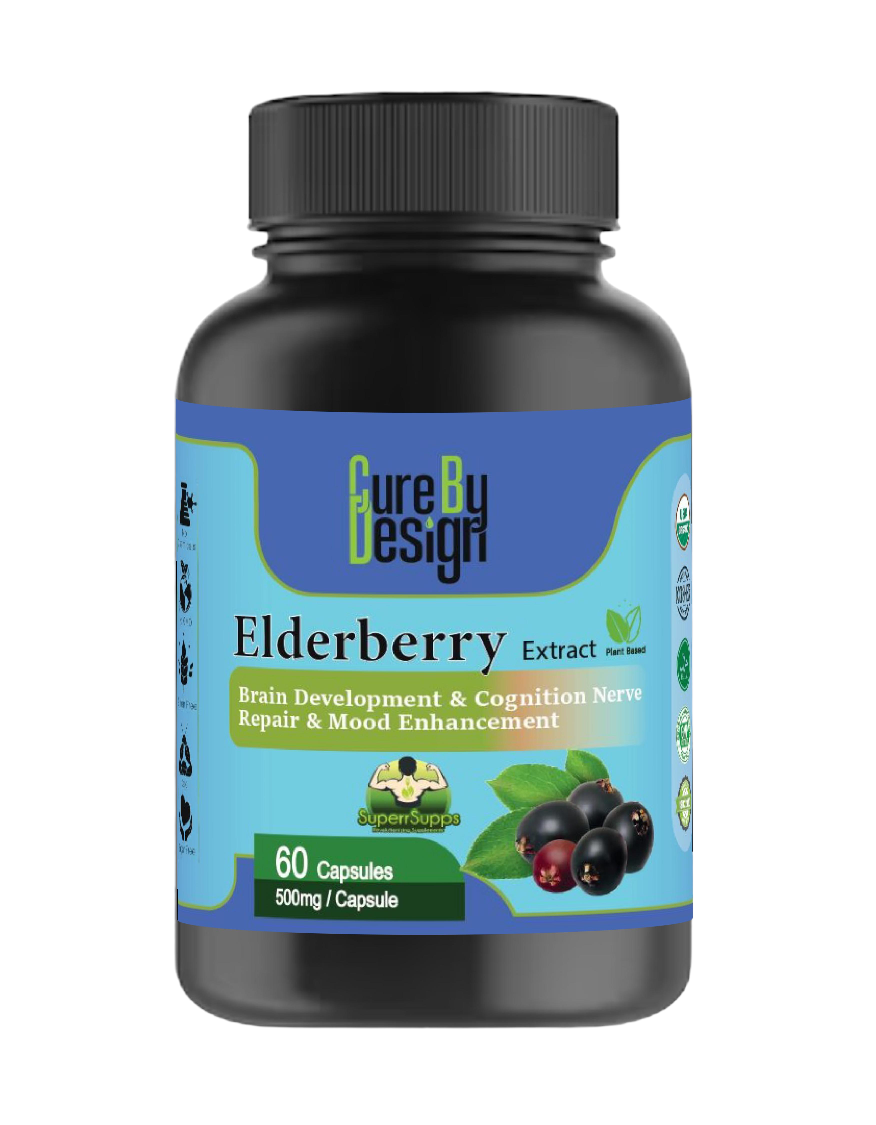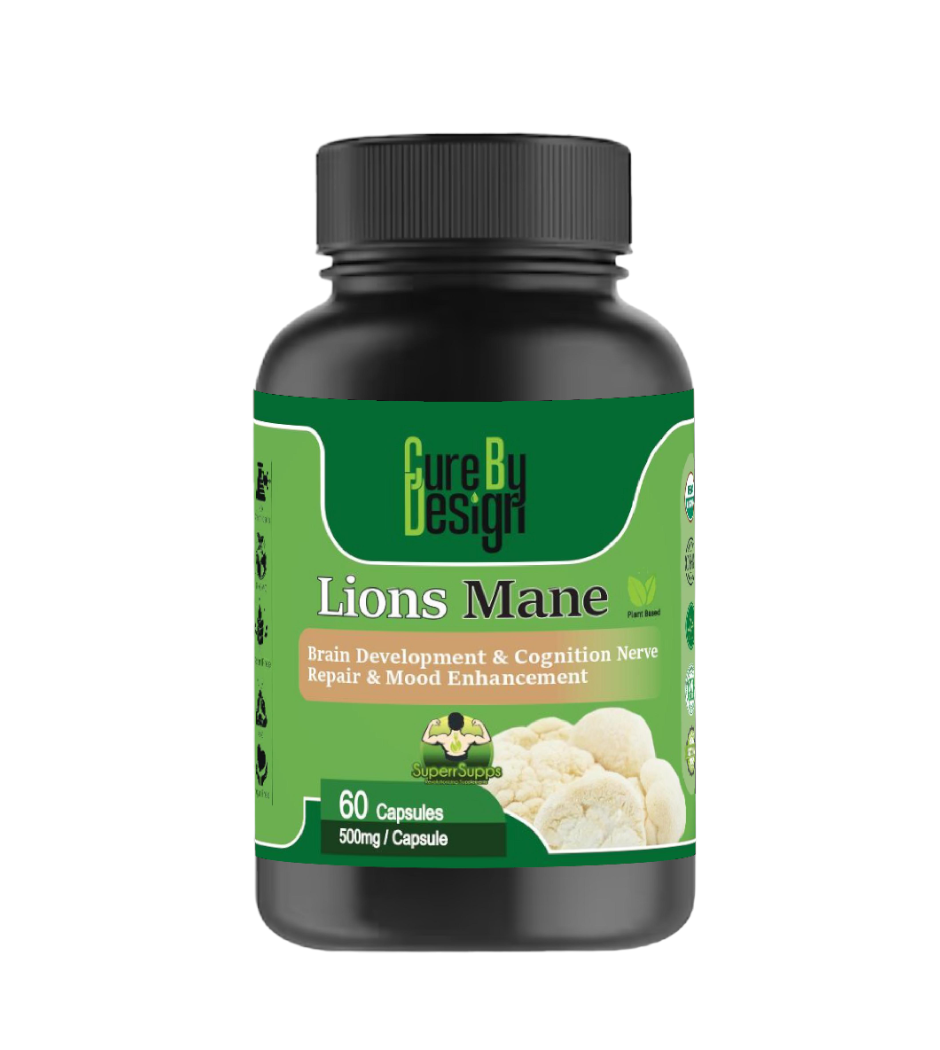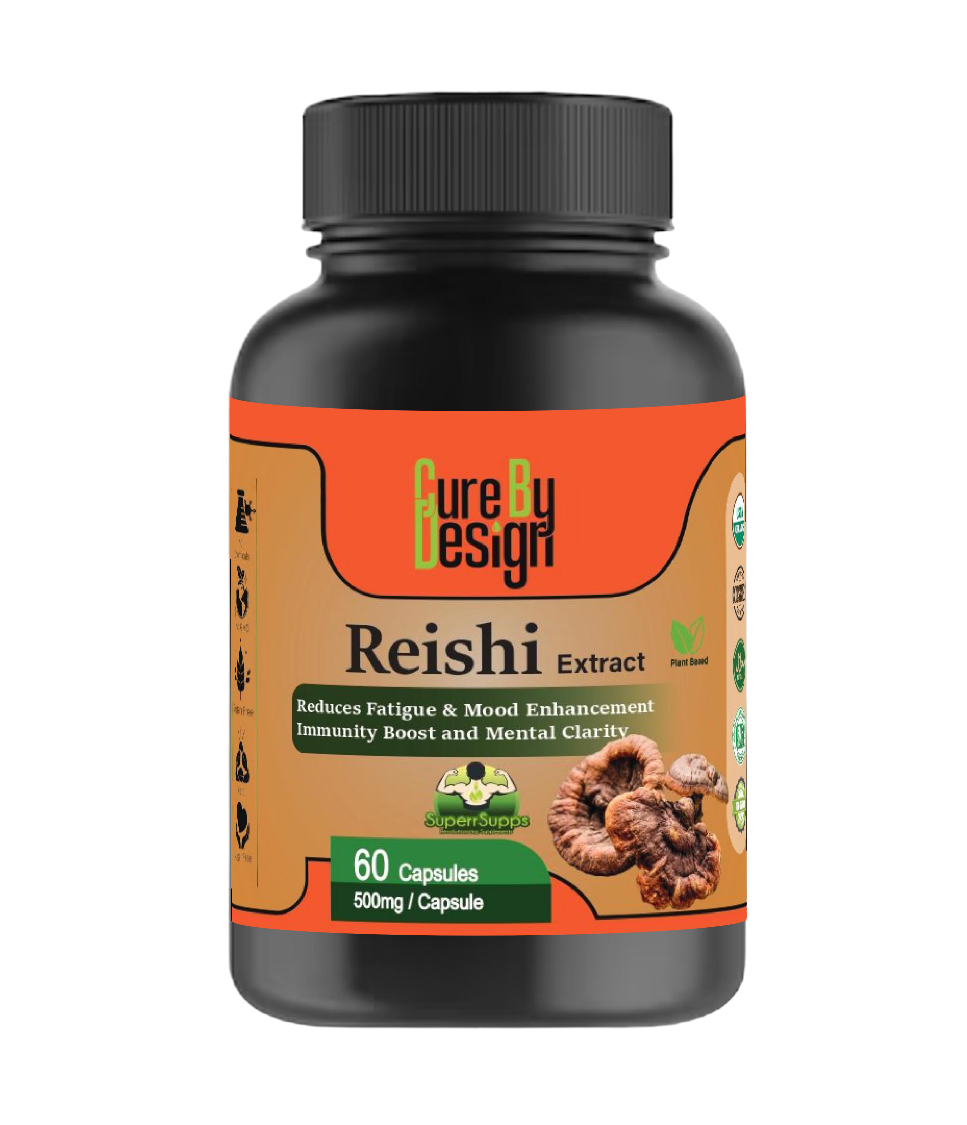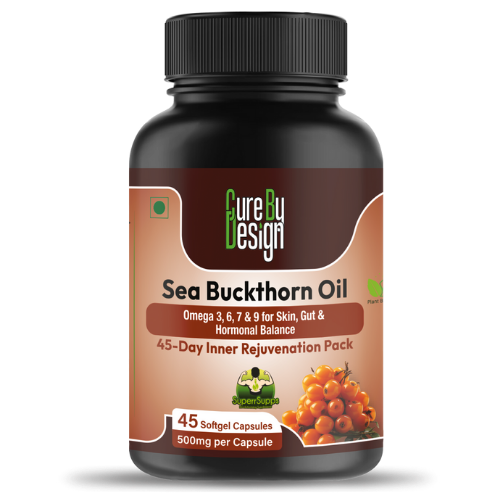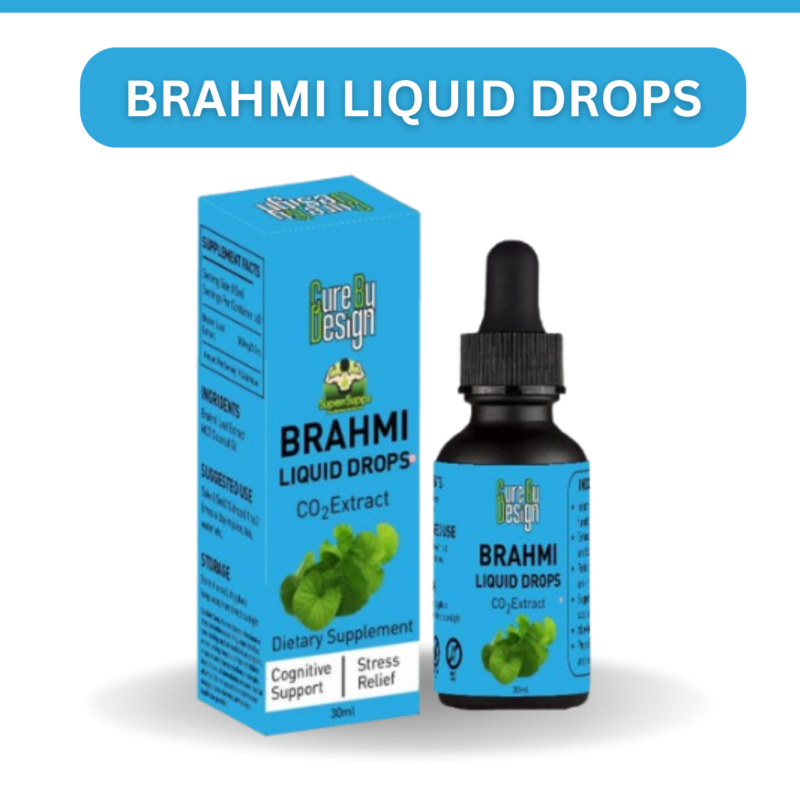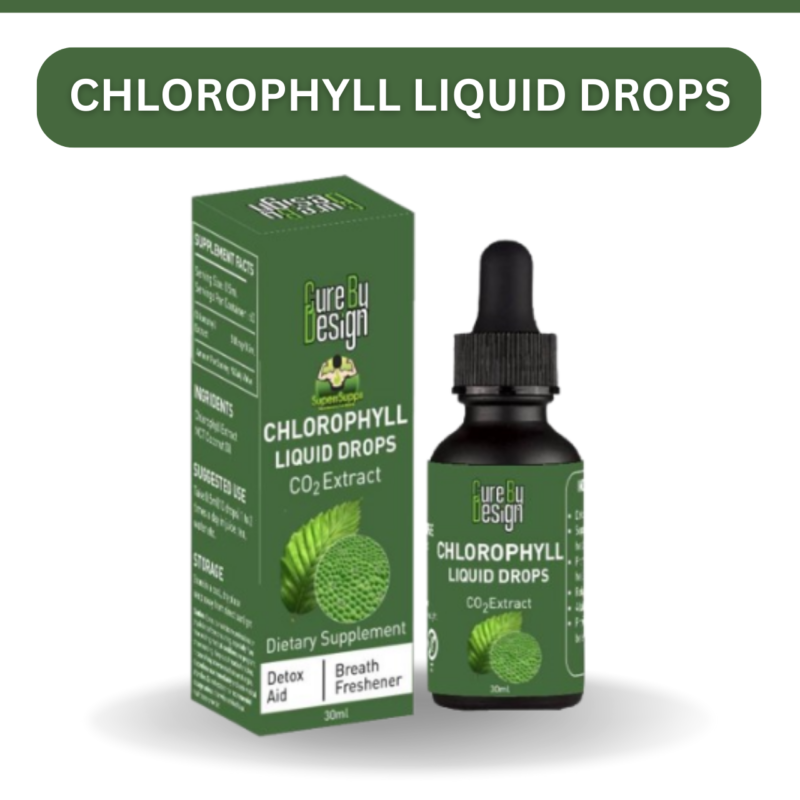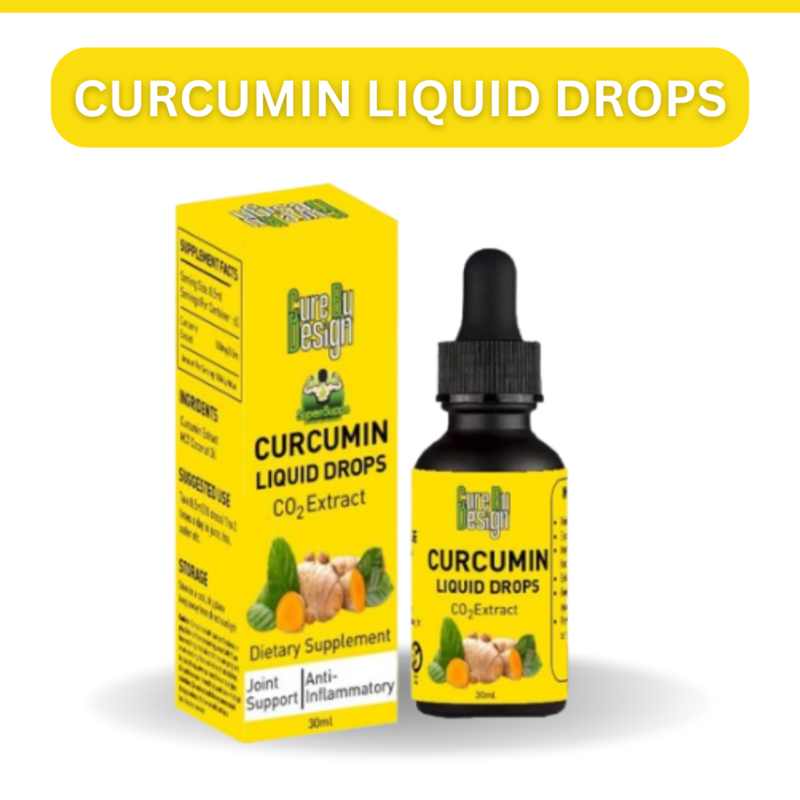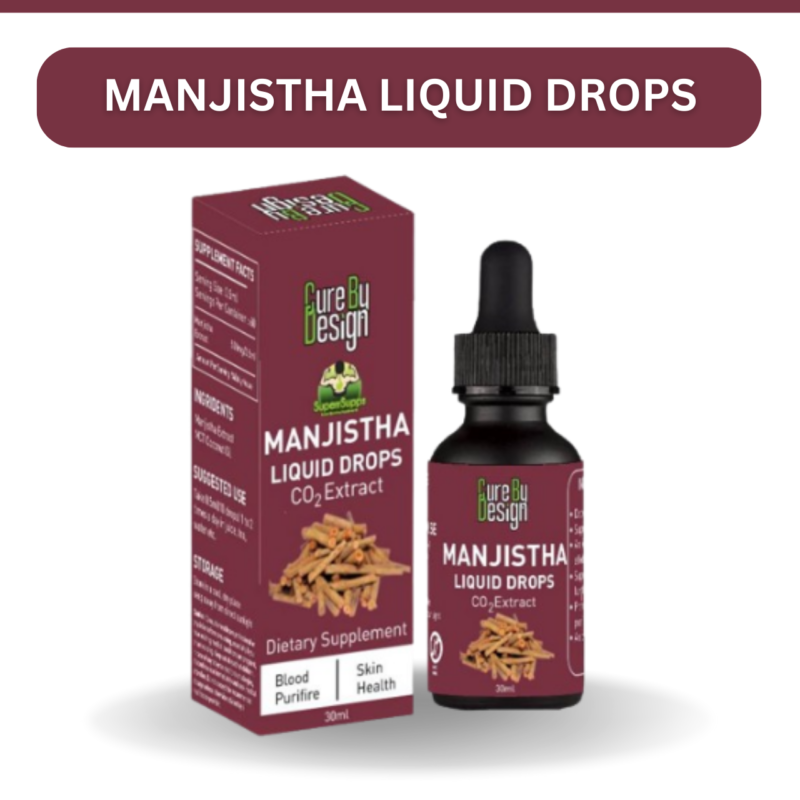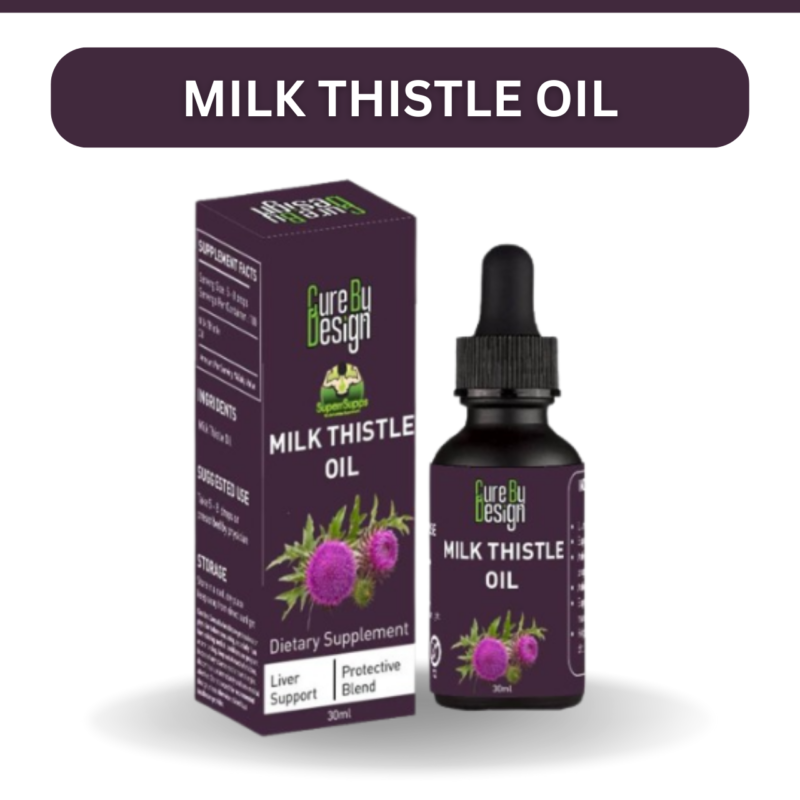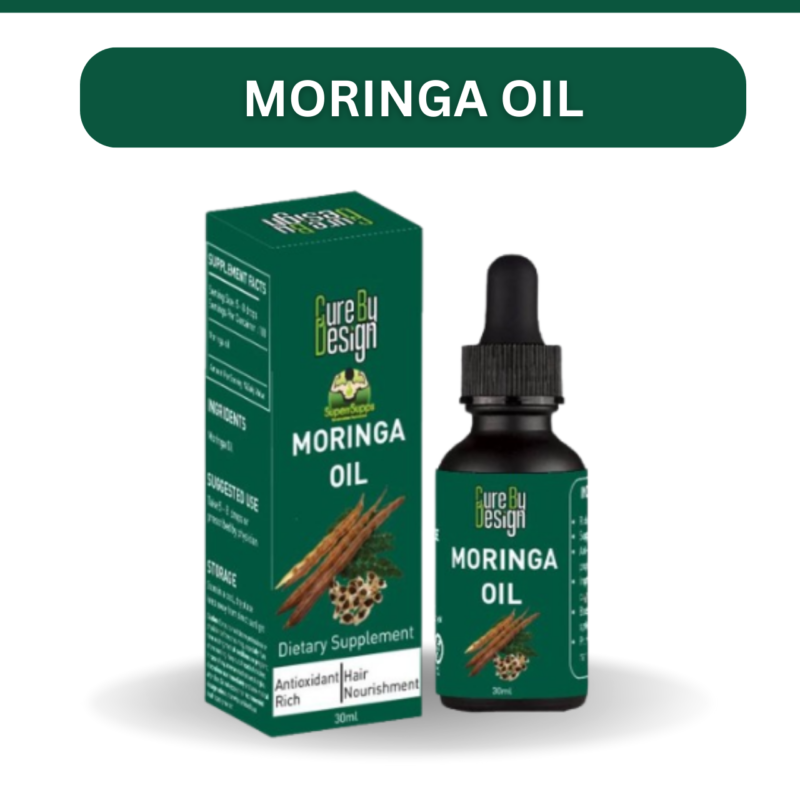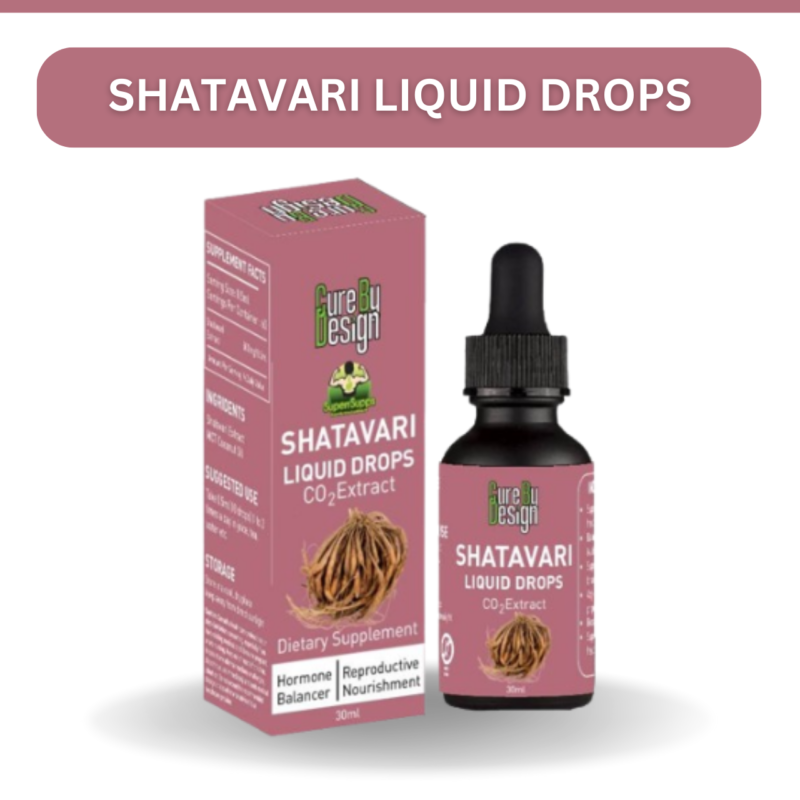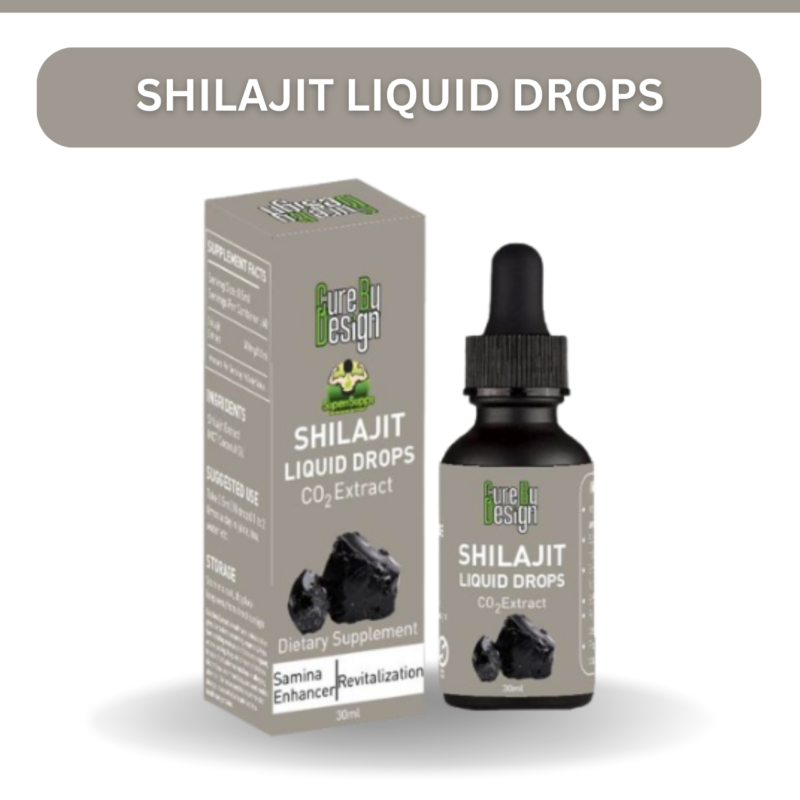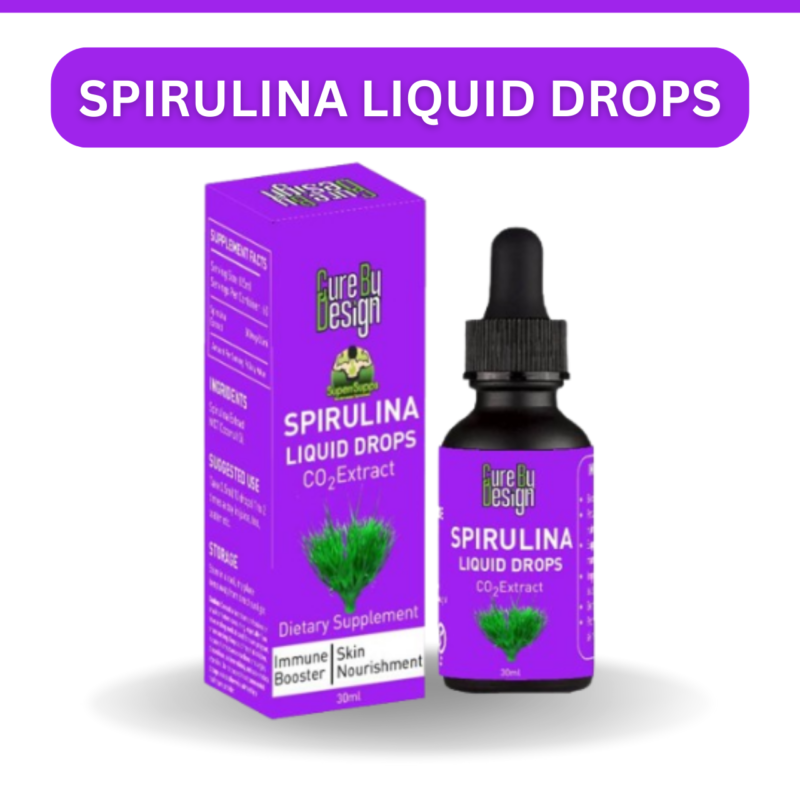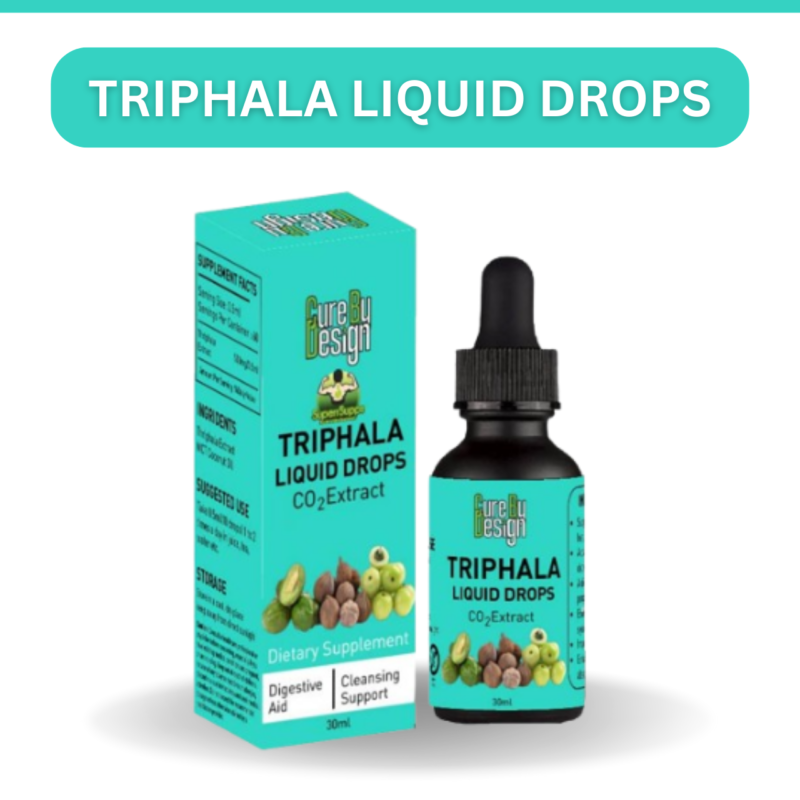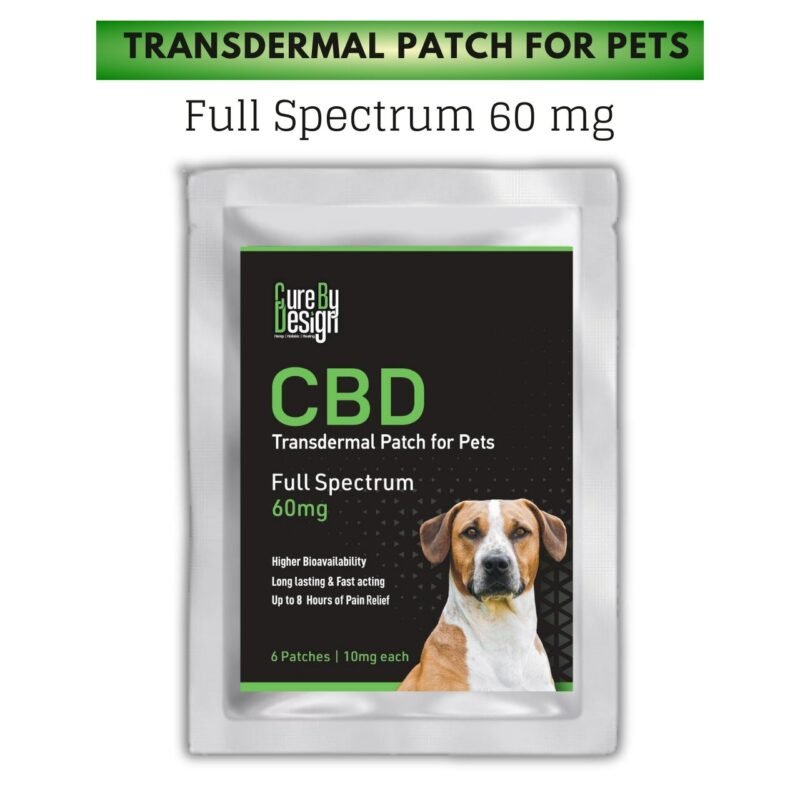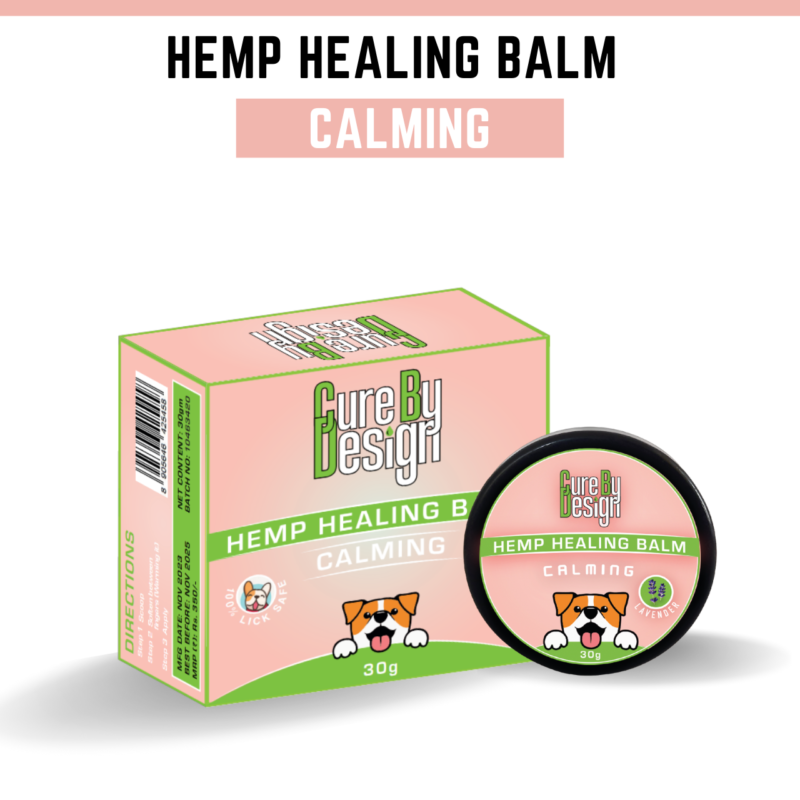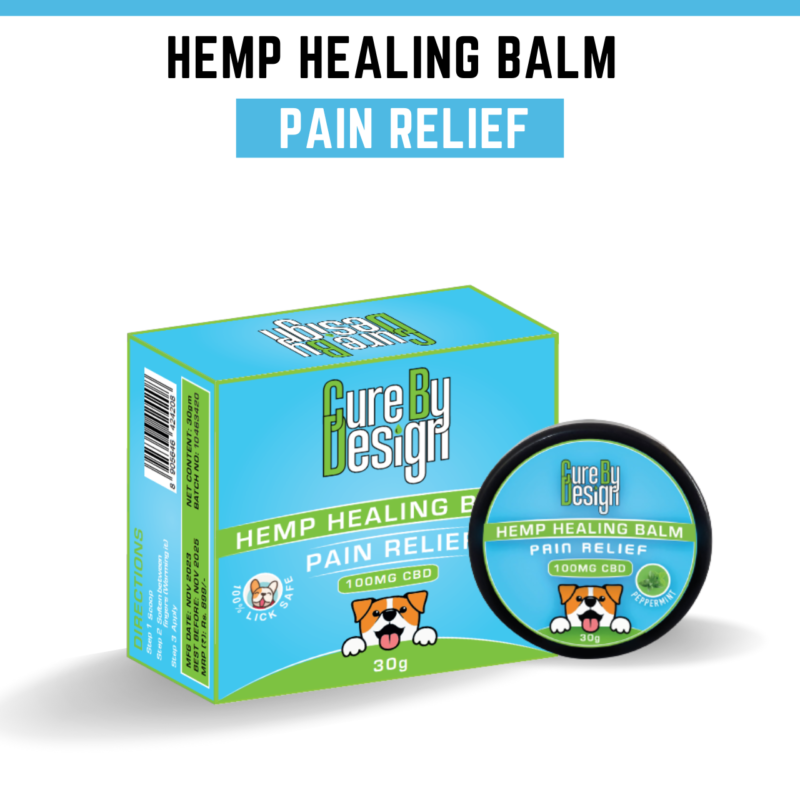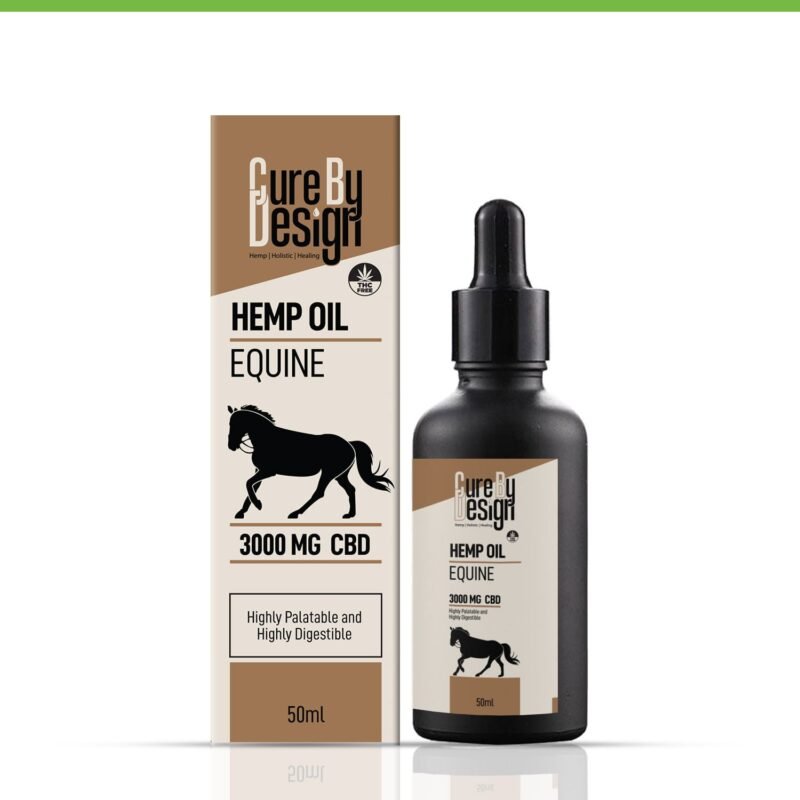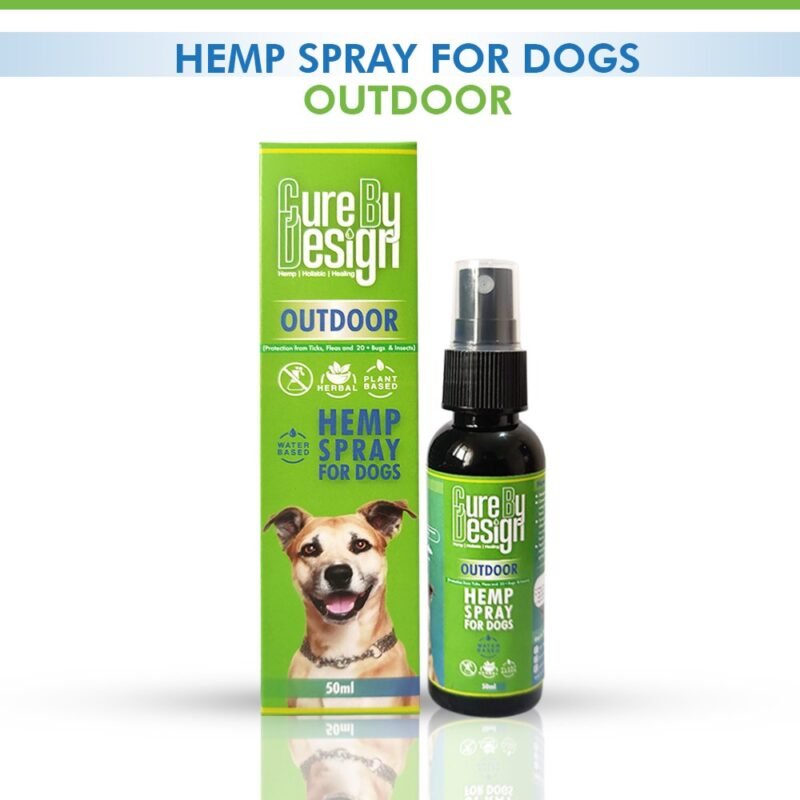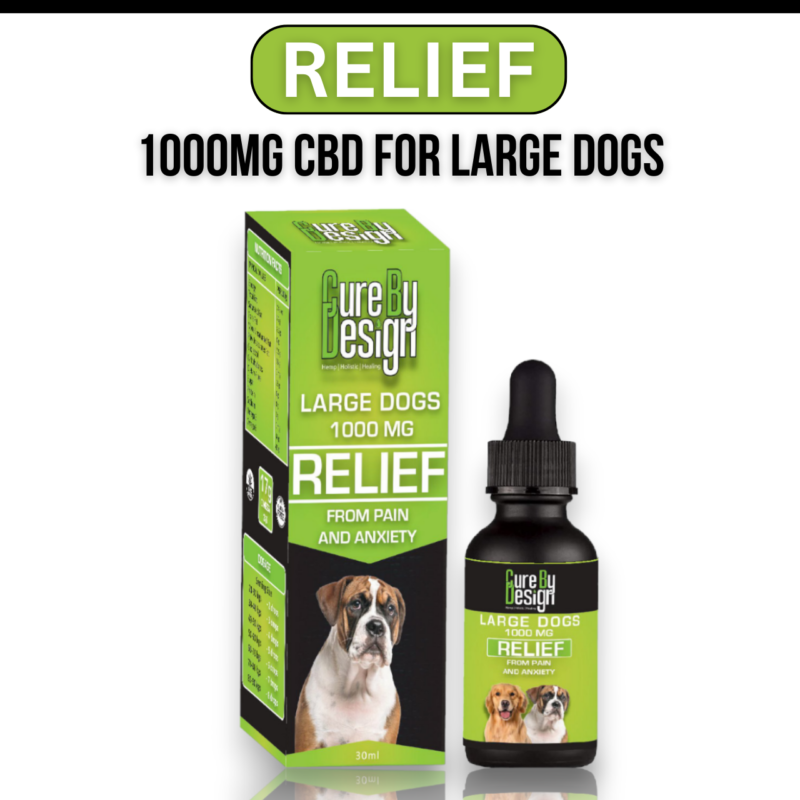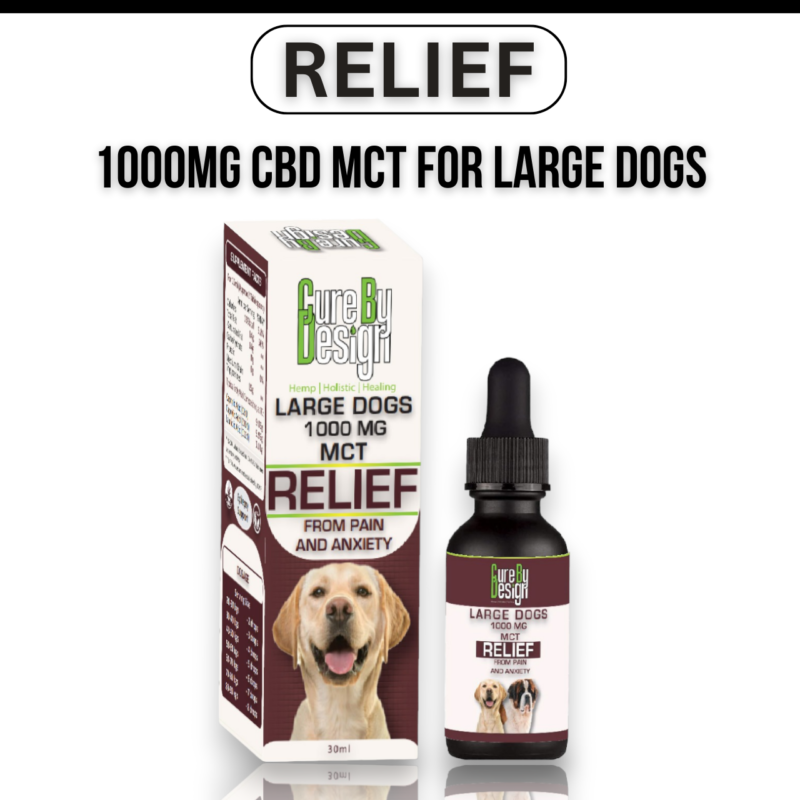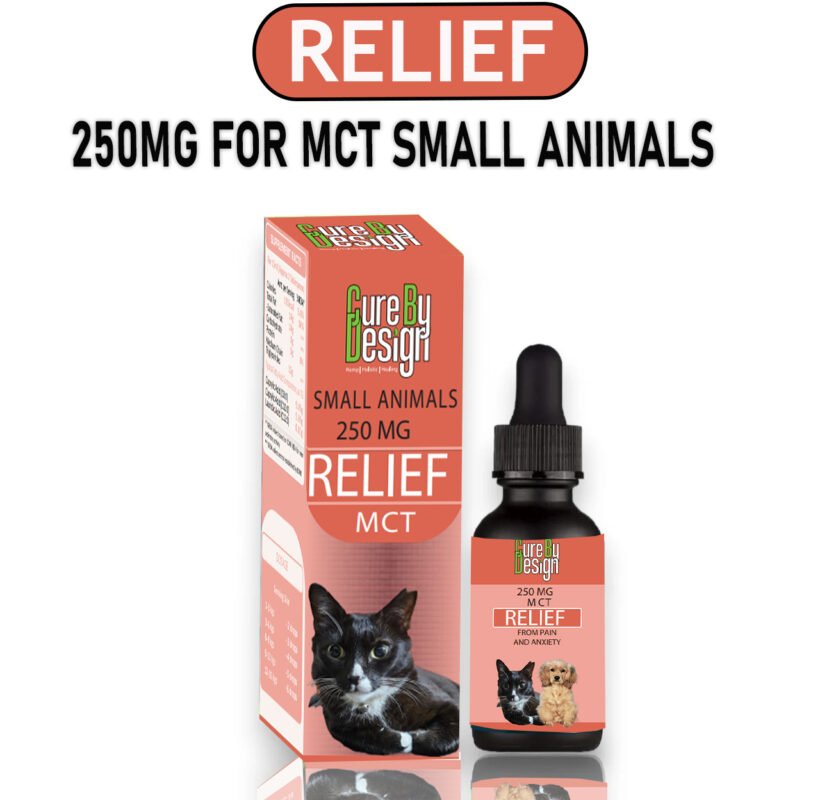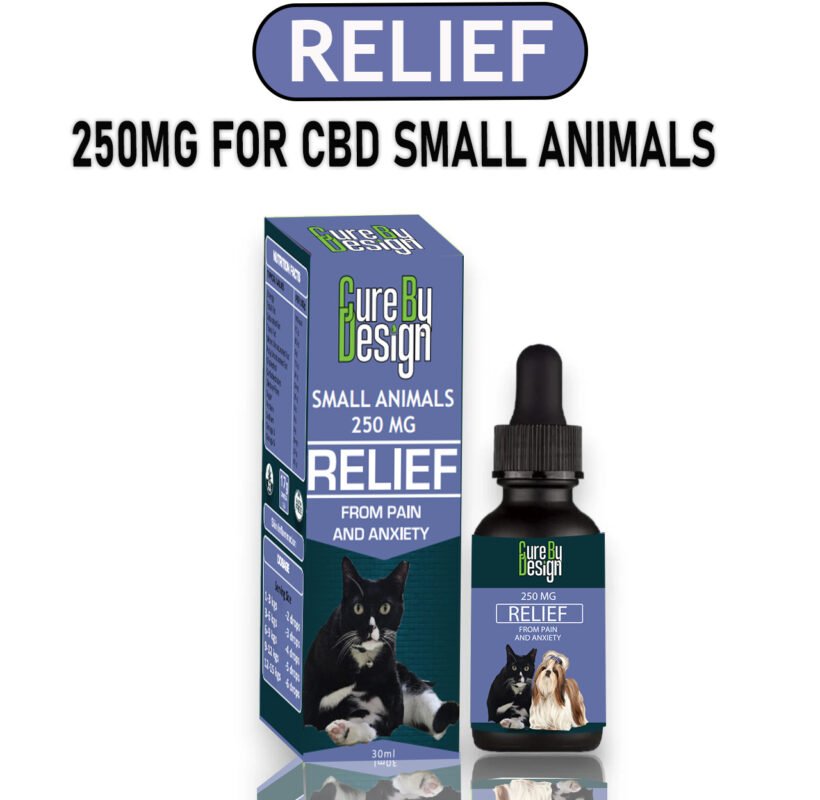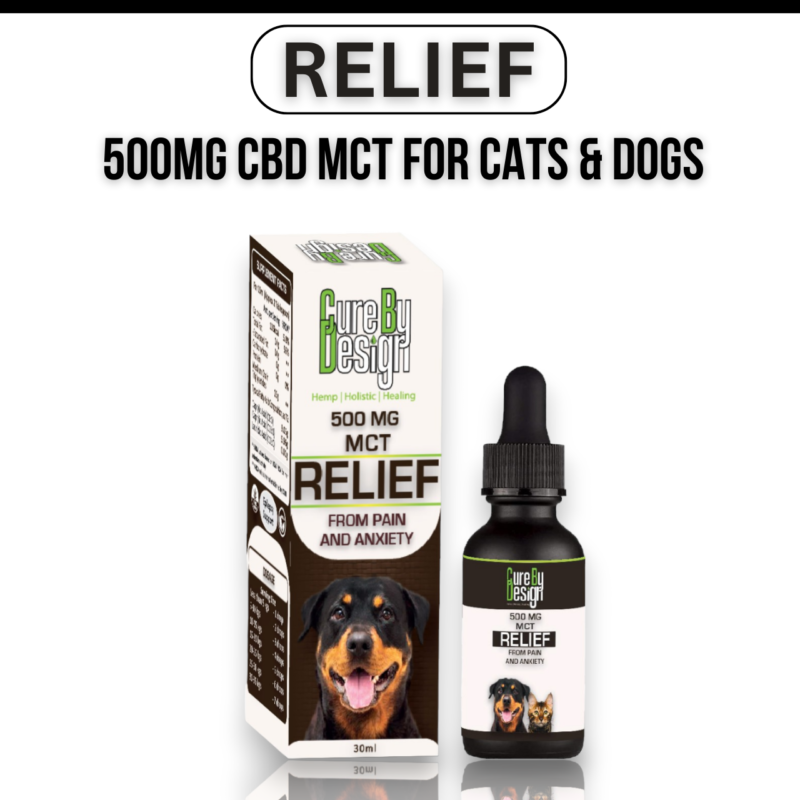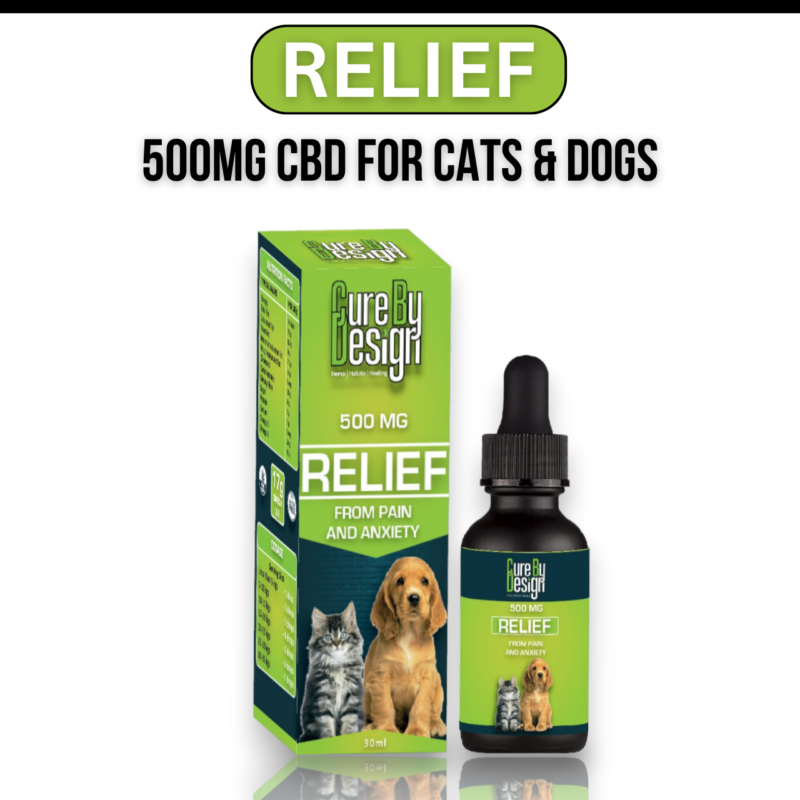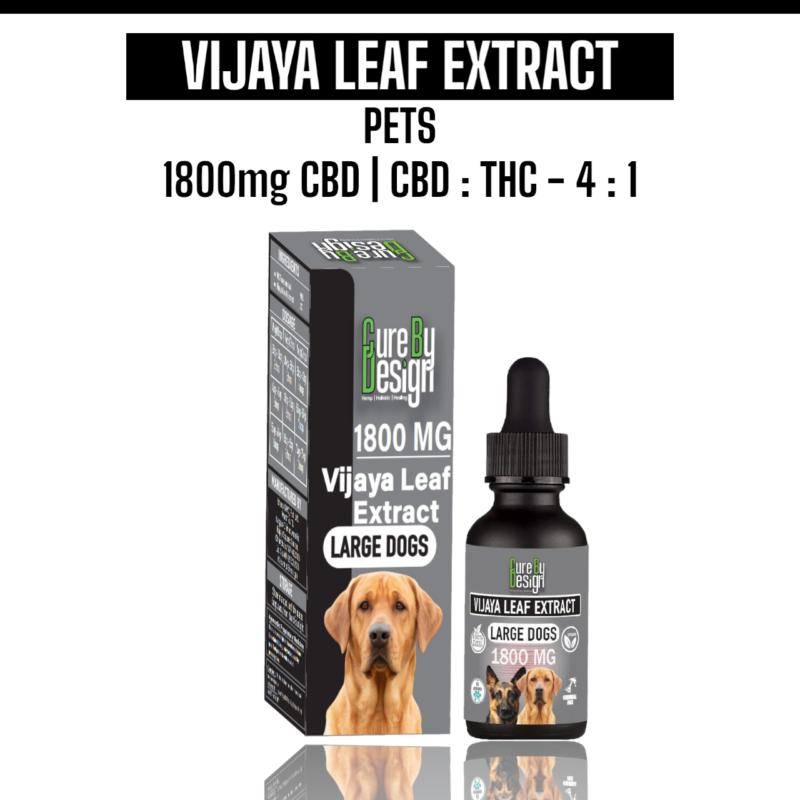A Complete Guide to Eating Hemp Seeds the Right Way
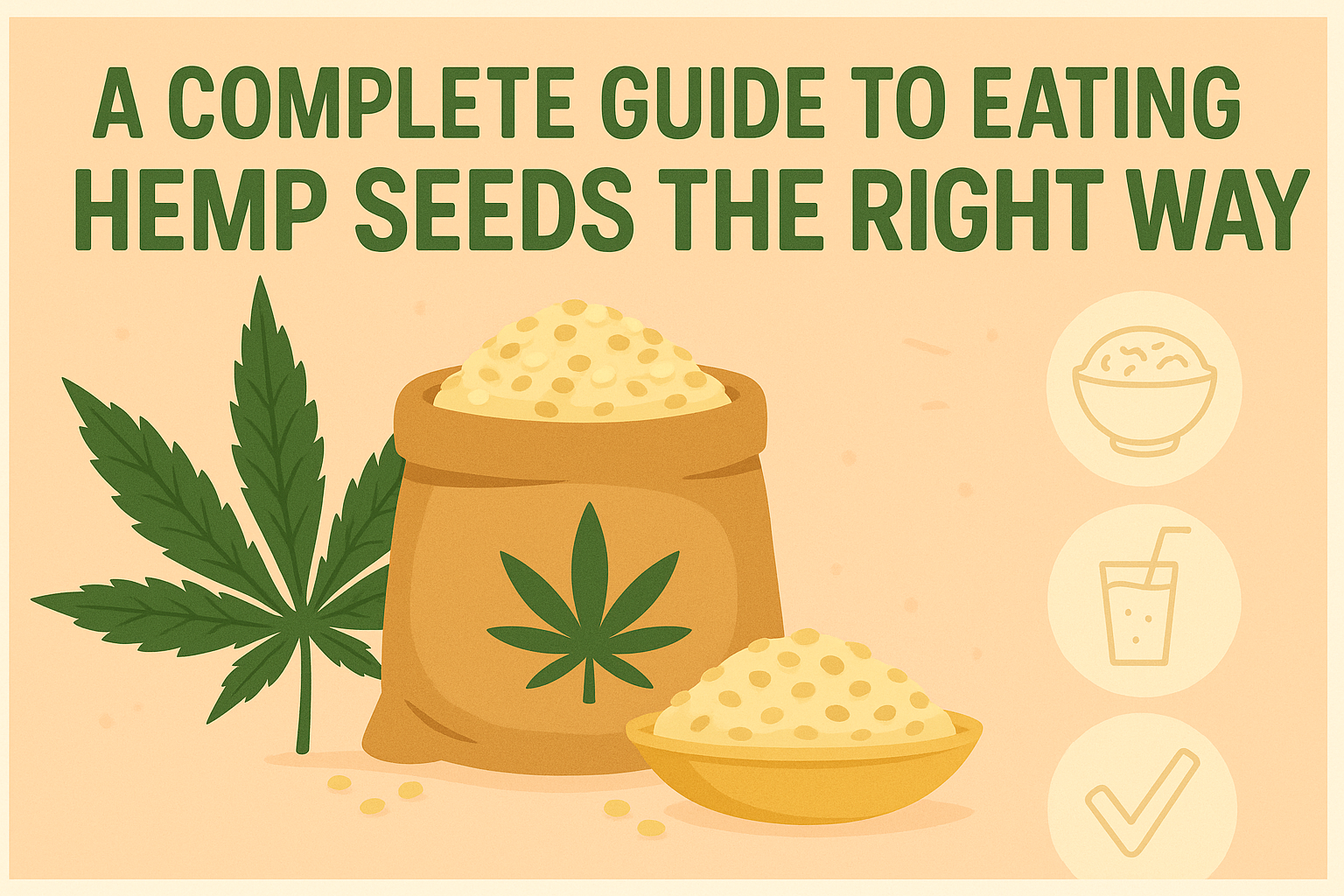
Table of Contents
- What Are Hemp Seeds and Where Do They Come From
- Nutritional Benefits Found in Hemp Seeds
- Different Forms of Hemp Seeds You Can Eat
- Ways to Prepare and Use Hemp Seeds
- How Much Hemp Seed Should You Eat Daily
- Health Effects of Regular Hemp Seed Consumption
- Possible Side Effects and Safety Tips
- How to Store Hemp Seeds for Freshness
- Choosing the Right Hemp Seed Type for Your Diet
- Frequently Asked Questions
Hemp seeds are a nutritious addition to your diet, packed with complete protein, healthy fats, vitamins, and minerals. You can eat hulled hemp seeds (also called hemp hearts) raw by sprinkling them on salads, yogurt, or oatmeal for an easy nutrient boost. They’re great in baking too, added to muffins or bread without losing goodness. Hemp seed oil works best as a finishing touch on cold dishes since heat can degrade its healthy fats. Start with one tablespoon daily and increase gradually up to three tablespoons as you get used to it. Store them in cool places and watch for any digestive discomfort when eating more fiber than usual.
What Are Hemp Seeds and Where Do They Come From
Hemp seeds come from the hemp plant, scientifically known as Cannabis sativa. While it’s related to marijuana, hemp contains only trace amounts of THC, the compound responsible for marijuana’s psychoactive effects, so hemp seeds won’t get you high. These seeds are harvested from mature hemp plants primarily grown for industrial and nutritional purposes. Hemp cultivation is carefully regulated to keep THC levels under legal limits, usually 0.3% or less. After the plants fully mature and dry, the seeds are collected, cleaned, and processed for consumption. The hemp plant itself grows quickly and is environmentally friendly, needing less water and fewer pesticides compared to many other crops. Hemp seeds have been used as a food source for thousands of years across different cultures. They are classified as an oilseed and serve multiple uses: eaten as food, pressed for oil, or processed into protein products. Known for their mild, nutty flavor, hemp seeds are versatile in cooking and baking. Recently, they have gained popularity as a plant-based superfood because they offer a dense nutrient profile while being sustainably sourced.
Nutritional Benefits Found in Hemp Seeds
Hemp seeds stand out as a powerful source of nutrition, especially because they provide complete protein containing all nine essential amino acids your body cannot produce. Around 25% of their calories come from protein, making them an excellent choice for vegetarians and vegans looking to meet their protein needs. They are also rich in healthy polyunsaturated fats, particularly omega-3 (alpha-linolenic acid) and omega-6 (linoleic acid) fatty acids in a balanced 3:1 ratio, which supports heart health and reduces inflammation. Another notable fat present is gamma-linolenic acid (GLA), which may help promote hormonal balance. Beyond fats and protein, hemp seeds supply key minerals like magnesium, phosphorus, potassium, iron, and zinc, all essential for various bodily functions including muscle and nerve health. They also contain vitamin E, a potent antioxidant that protects cells from damage caused by free radicals. Whole hemp seeds have an outer hull that provides fiber, aiding digestion and supporting regular bowel movements. If you prefer easier digestion, hulled hemp seeds (hemp hearts) offer the same protein and healthy fats but with less fiber. A typical serving of about 3 tablespoons (30 grams) contains roughly 160 to 170 calories, mostly from these beneficial fats and protein. Additionally, hemp seeds provide B vitamins, which help with energy metabolism and maintain overall health. Including hemp seeds in your diet can be a straightforward way to boost nutrient intake while supporting several aspects of well-being.
Different Forms of Hemp Seeds You Can Eat
Hemp seeds come in several forms, each offering unique textures and uses. Whole hemp seeds have their outer shell or hull intact, which adds fiber and a crunchy, chewy feel. These are great if you want extra fiber but can be harder to digest. Hulled hemp seeds, often called hemp hearts, have the shell removed, making them softer and easier to eat. They work well as toppings on salads, yogurt, or mixed into recipes where a smoother texture is preferred. Hemp seed oil is extracted from the seeds and is packed with essential fatty acids but contains no protein or fiber. It’s best used as a finishing oil for salads or cold dishes since heating it can damage the healthy fats. Hemp protein powder is made by grinding hemp seeds and removing most of the fat to concentrate the protein, making it popular among athletes and vegetarians looking for a plant-based protein boost. Additionally, whole seeds can be soaked or sprouted to improve digestibility and nutrient absorption. Some products blend hemp seeds with other seeds or grains to create mixes that add variety and flavor. Choosing the right form depends on what you want in terms of taste, texture, and how you plan to use hemp seeds in your meals.
<<Include the outer shell or hull, providing more fiber.<Crunchy, chewy<Higher fiber content, complete protein, healthy fats.<Soaking to soften; baking; sprouting.<<Shells removed for easier digestion.<Soft, tender<Protein-rich, healthy fats, less fiber than whole seeds.<Toppings on salads, yogurt, smoothies; baking.<<Extracted oil, rich in essential fatty acids.<Liquid oil<Rich in omega-3 and omega-6, no protein or fiber.<Cold dressings; drizzling on cooked vegetables.<<Ground hemp seeds with most fat removed.<Powder form<Concentrated protein source, minimal fat and fiber.<Protein supplementation; shakes; baking.
Ways to Prepare and Use Hemp Seeds
Hulled hemp seeds, also known as hemp hearts, are versatile and can be eaten raw by sprinkling them on salads, yogurt, oatmeal, or smoothie bowls to add a mild, nutty flavor along with a nutritional boost. They blend well into smoothies or shakes, increasing protein and healthy fat content without altering the taste. You can also mix them into baked goods like bread, muffins, granola bars, and cookies, where they retain their nutritional value even after baking. For a crunchy texture, sprinkle hemp seeds on cereals, toast, or soups. Hemp seed oil is best used as a cold dressing on salads or drizzled over cooked vegetables; avoid heating it at high temperatures to preserve its beneficial omega fatty acids. Whole hemp seeds can be soaked in water to soften the hulls, making digestion easier. To enhance mineral absorption, combine hemp seeds with vitamin C-rich foods such as citrus fruits. For added texture and nutrition, mix hemp hearts into dips, spreads, or sauces. When introducing hemp seeds to your diet, start gradually to monitor tolerance and enjoy their subtle nutty taste.
How Much Hemp Seed Should You Eat Daily
A typical daily serving of hemp seeds ranges from 1 to 3 tablespoons (10 to 30 grams). Starting with 1 tablespoon is a good way to let your body adjust to the fiber and nutrient load, especially if you have sensitive digestion. Gradually increasing to 3 tablespoons provides a balanced intake of protein, healthy fats, and calories without going overboard. Your ideal portion depends on your dietary needs, activity level, and calorie goals. For example, athletes or those looking for extra protein might benefit from higher servings or using hemp protein powder. It’s also best to spread your hemp seed intake throughout the day to improve digestion and nutrient absorption. Avoid exceeding the recommended amounts, as too much fiber can lead to side effects like bloating or diarrhea. If you have specific health conditions or take medications, it’s wise to consult a healthcare provider before increasing your hemp seed intake.
Health Effects of Regular Hemp Seed Consumption
Regularly eating hemp seeds offers several health benefits thanks to their rich nutrient profile. The healthy fats in hemp seeds, especially omega-3 and omega-6 fatty acids, can improve cholesterol levels and reduce inflammation, promoting heart health over time. The fiber found in whole hemp seeds supports digestion by encouraging regular bowel movements and maintaining gut health. For those focused on muscle repair and growth, such as athletes and vegetarians, hemp seeds provide complete protein containing all essential amino acids. Additionally, the fatty acids in hemp seeds may enhance skin hydration and help alleviate dryness or eczema symptoms. Gamma-linolenic acid (GLA), a unique fatty acid in hemp, supports hormonal balance, which is particularly beneficial for women. Minerals like zinc and iron strengthen the immune system and contribute to overall health. Antioxidants such as vitamin E protect the body from oxidative stress, potentially reducing cell damage. Some studies also suggest that regular hemp seed consumption may aid in regulating blood sugar levels and support metabolic health. The natural nutrients present can boost brain function and help reduce mental fatigue, making hemp seeds a good choice for sustained energy throughout the day. Including hemp seeds in your diet can be a simple way to support multiple aspects of health with just a few tablespoons daily.
Possible Side Effects and Safety Tips
While allergic reactions to hemp seeds are rare, they can happen, especially if you have a history of seed or nut allergies. It’s best to introduce hemp seeds gradually into your diet to watch for any adverse reactions. Eating too many hemp seeds at once may lead to digestive issues like bloating, gas, or diarrhea because of their high fiber content. If you are on blood-thinning medications, consult your doctor before adding hemp seeds regularly, as they may have mild blood-thinning effects. Always buy hemp seeds from trusted sources to avoid contamination; although industrial hemp seeds contain negligible THC and are non-psychoactive, poor-quality products might carry unwanted traces. Pregnant or breastfeeding women should check with a healthcare provider before making hemp seeds a regular part of their diet. Proper storage is key, keep hemp seeds in airtight containers in a cool, dry place and refrigerate hulled seeds or hemp seed oil to prevent spoilage. Avoid consuming rancid seeds or oils, as they can cause digestive discomfort. Also, be cautious with hemp seed oil intake since it’s high in calories but lacks protein and fiber. If you notice any unusual symptoms after eating hemp seeds, stop use and seek medical advice.
- Allergic reactions to hemp seeds are rare but possible, especially for those with seed or nut allergies.
- Eating too many hemp seeds can cause digestive discomfort such as bloating, gas, or diarrhea due to high fiber.
- Hemp seeds may have mild blood-thinning effects; consult a doctor if you take anticoagulant medications.
- Check product labels to ensure hemp seeds come from reputable sources to avoid THC contamination.
- Industrial hemp seeds legally contain negligible THC, making them safe and non-psychoactive.
- Introduce hemp seeds slowly into your diet to monitor for any adverse reactions.
- Pregnant or breastfeeding women should seek medical advice before adding hemp seeds regularly.
- Store hemp seeds properly to prevent spoilage and avoid consuming rancid seeds or oil.
- Avoid excessive intake of hemp seed oil, as it lacks protein and fiber and is calorie-dense.
- If you experience any unusual symptoms after eating hemp seeds, stop consumption and consult a healthcare provider.
How to Store Hemp Seeds for Freshness
To keep hemp seeds fresh, store them in an airtight container to avoid moisture and air exposure, which can cause spoilage. Whole hemp seeds with their shells can last longer at room temperature since the shell offers some natural protection, but it’s best to keep them in a cool, dry place away from direct sunlight. Hulled hemp seeds and hemp seed oil are more sensitive and should be refrigerated to prevent rancidity and extend their shelf life. Hemp seed oil, in particular, should be used within a few months after opening to maintain its nutrient quality. Avoid storing hemp seeds near strong-smelling foods because they can absorb odors, affecting their flavor. If you want to keep them for a longer time, freezing hemp seeds is a good option that preserves their quality without loss. Label your containers with purchase or opening dates to keep track of freshness. Always check for off smells or strange tastes before use, as these are signs the seeds or oil have gone rancid. Proper storage is key to retaining the seeds’ nutrients and flavor, ensuring you get the best out of this healthy ingredient.
Choosing the Right Hemp Seed Type for Your Diet
When deciding which hemp seed type fits your diet best, consider your digestion, taste preferences, and nutritional goals. Hulled hemp seeds, or hemp hearts, are great if you want a soft texture and easy digestion. They have a mild, nutty flavor that blends well into salads, smoothies, and baked goods. Whole hemp seeds keep their outer shell, offering more fiber which supports digestion but can be tougher to chew and might cause discomfort for people with sensitive stomachs. If you aim to boost your protein intake without the extra fiber or fat, hemp protein powder is a good choice, especially for muscle building or weight management. Hemp seed oil adds valuable essential fats to your diet but lacks protein and fiber, so it shouldn’t replace whole seeds; choose cold-pressed, organic oil to ensure purity and avoid additives. Always check labels to avoid fillers that reduce quality. For cooking and baking, hulled seeds are easier to work with, while whole seeds can add extra crunch if that suits your taste. Matching the hemp seed form to your health goals can make a difference: hulled seeds or protein powder work well for sensitive digestion or higher protein needs, whole seeds support fiber intake, and hemp oil is ideal for heart health through healthy fats.
Frequently Asked Questions
1. Can hemp seeds be eaten raw, or do they need to be cooked?
Hemp seeds can be eaten raw, toasted, or cooked. They are safe to eat as is, but roasting can enhance their nutty flavor and texture.
2. How much hemp seed should I eat daily to get good nutritional benefits without any side effects?
A typical recommended daily amount is about 1 to 3 tablespoons of hemp seeds. This provides beneficial nutrients without overwhelming your system.
3. Are there any health concerns or allergies I should watch out for when starting to eat hemp seeds?
Hemp seeds are generally safe for most people, but some might experience mild digestive issues or allergies. It’s best to start with a small amount and see how your body reacts.
4. How do hemp seeds compare nutritionally to other seeds like chia or flax seeds?
Hemp seeds are rich in complete proteins, healthy omega-3 and omega-6 fats, and minerals. While chia and flax are higher in fiber and certain antioxidants, hemp seeds offer a well-rounded nutrient profile with easier digestibility.
5. What is the best way to store hemp seeds to keep them fresh and prevent spoilage?
Keep hemp seeds in an airtight container, stored in a cool, dark place or in the refrigerator. This helps maintain freshness and prevents the oils from going rancid.
TL;DR Hemp seeds are a nutrient-rich superfood from the hemp plant, safe to eat and packed with complete protein, healthy fats, vitamins, and minerals. You can enjoy them whole, hulled, as oil, or protein powder. Eat 1 to 3 tablespoons daily by sprinkling on foods, blending in smoothies, or cooking them into recipes. Hemp seed oil is best used cold, not for frying. They support heart, skin, and digestive health, but watch for possible allergies or digestive issues. Store seeds airtight and refrigerate to keep fresh. Start slow, choose hulled seeds for easier digestion, and consult a healthcare provider if needed.

